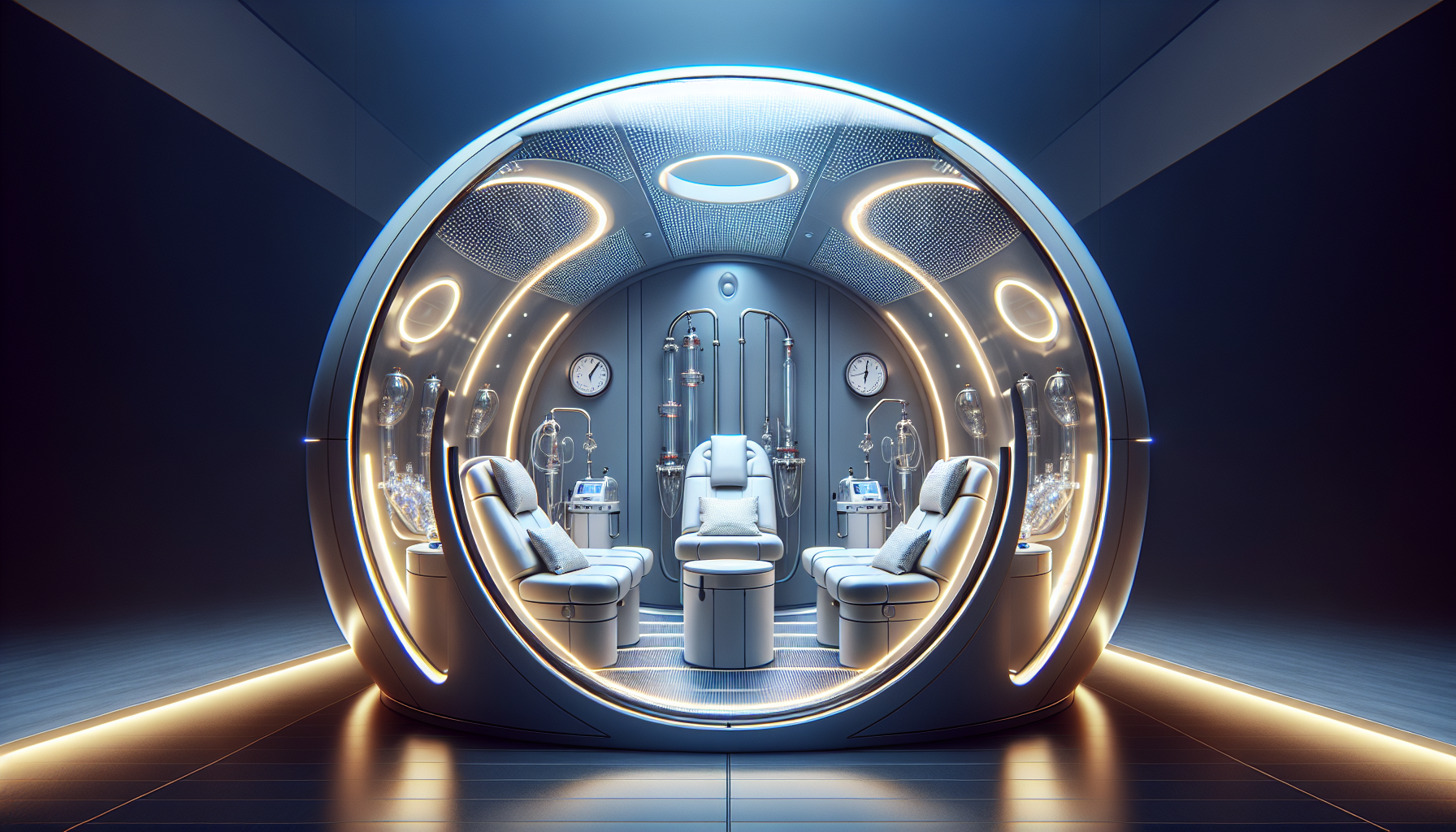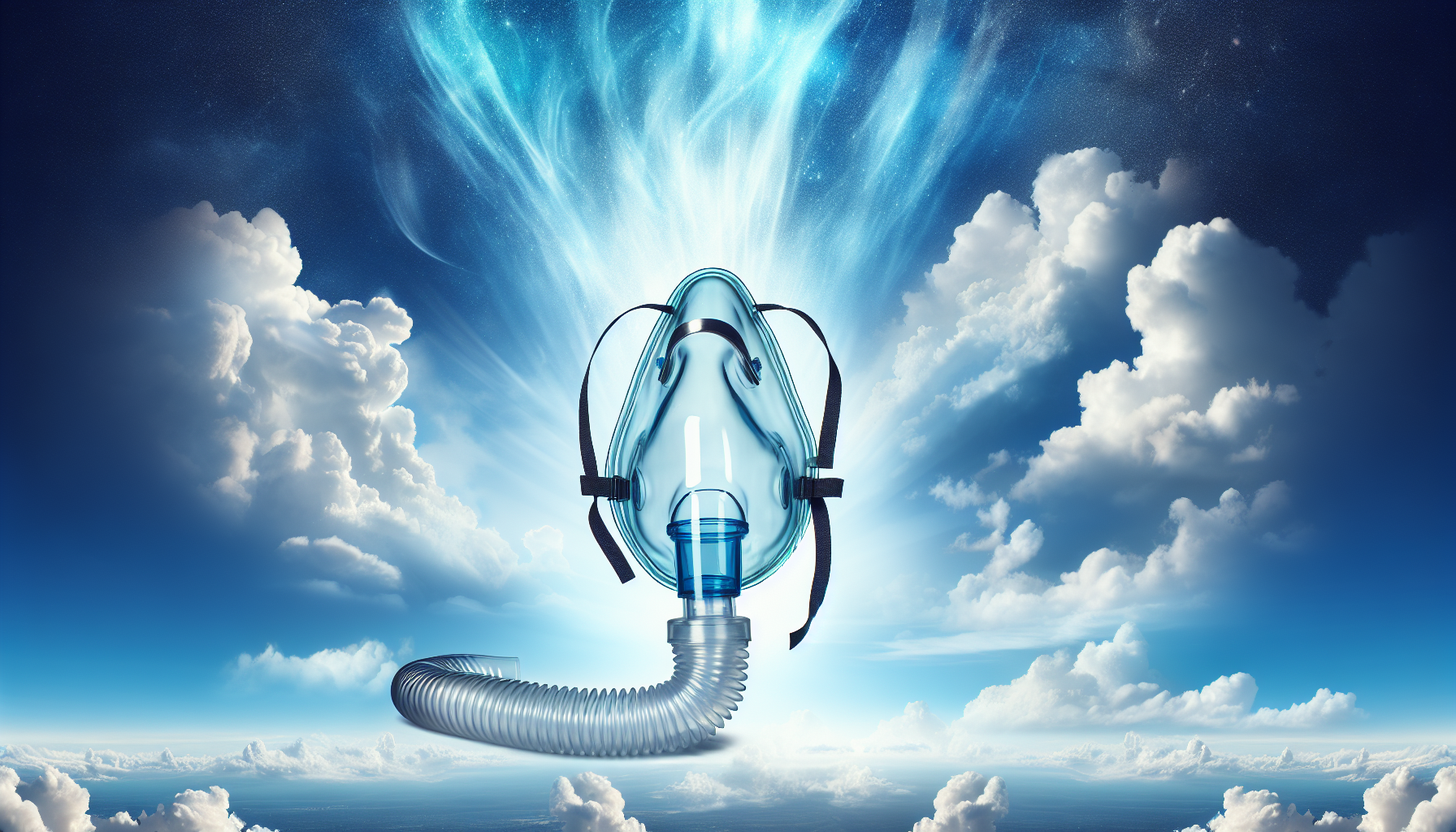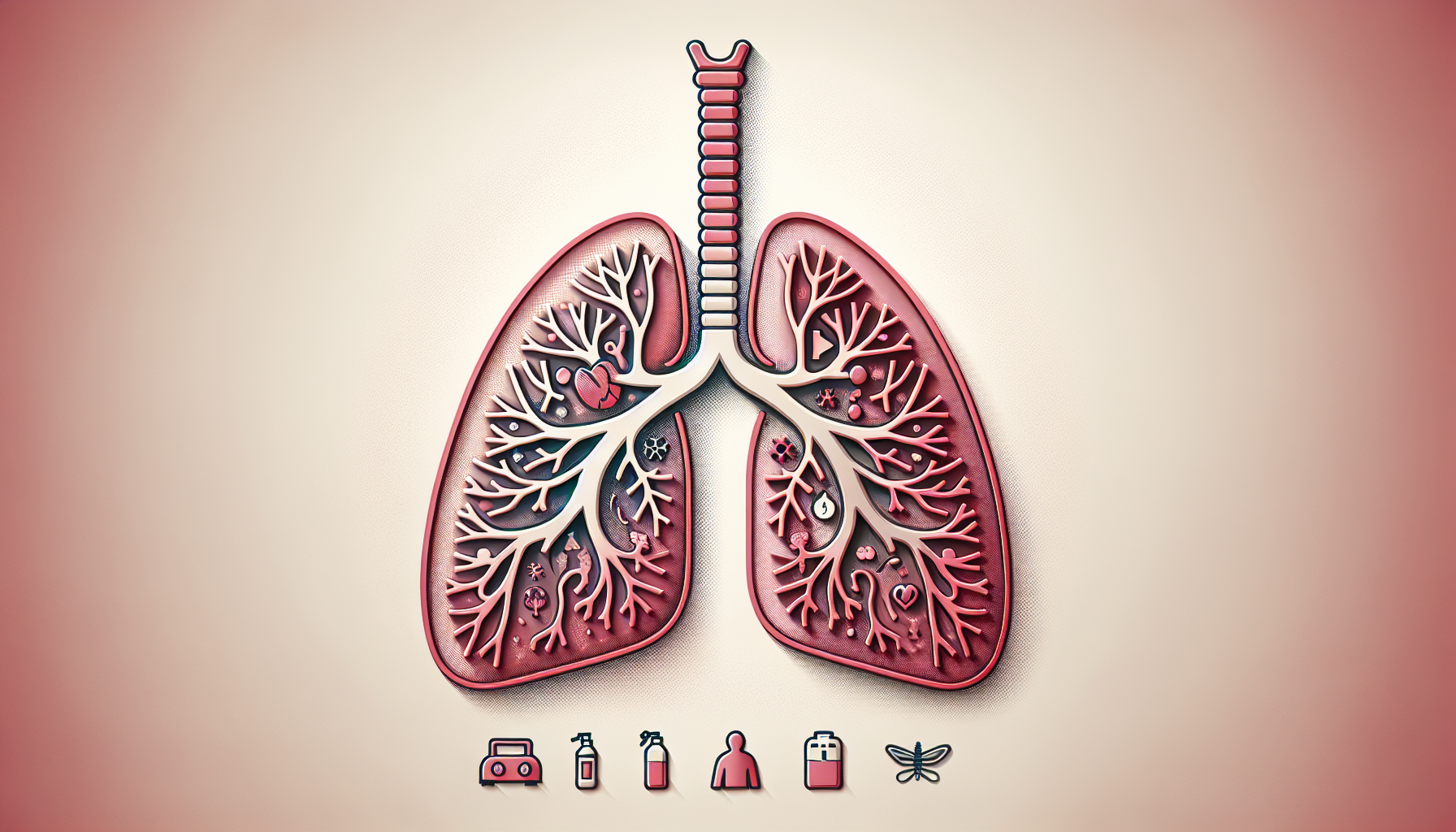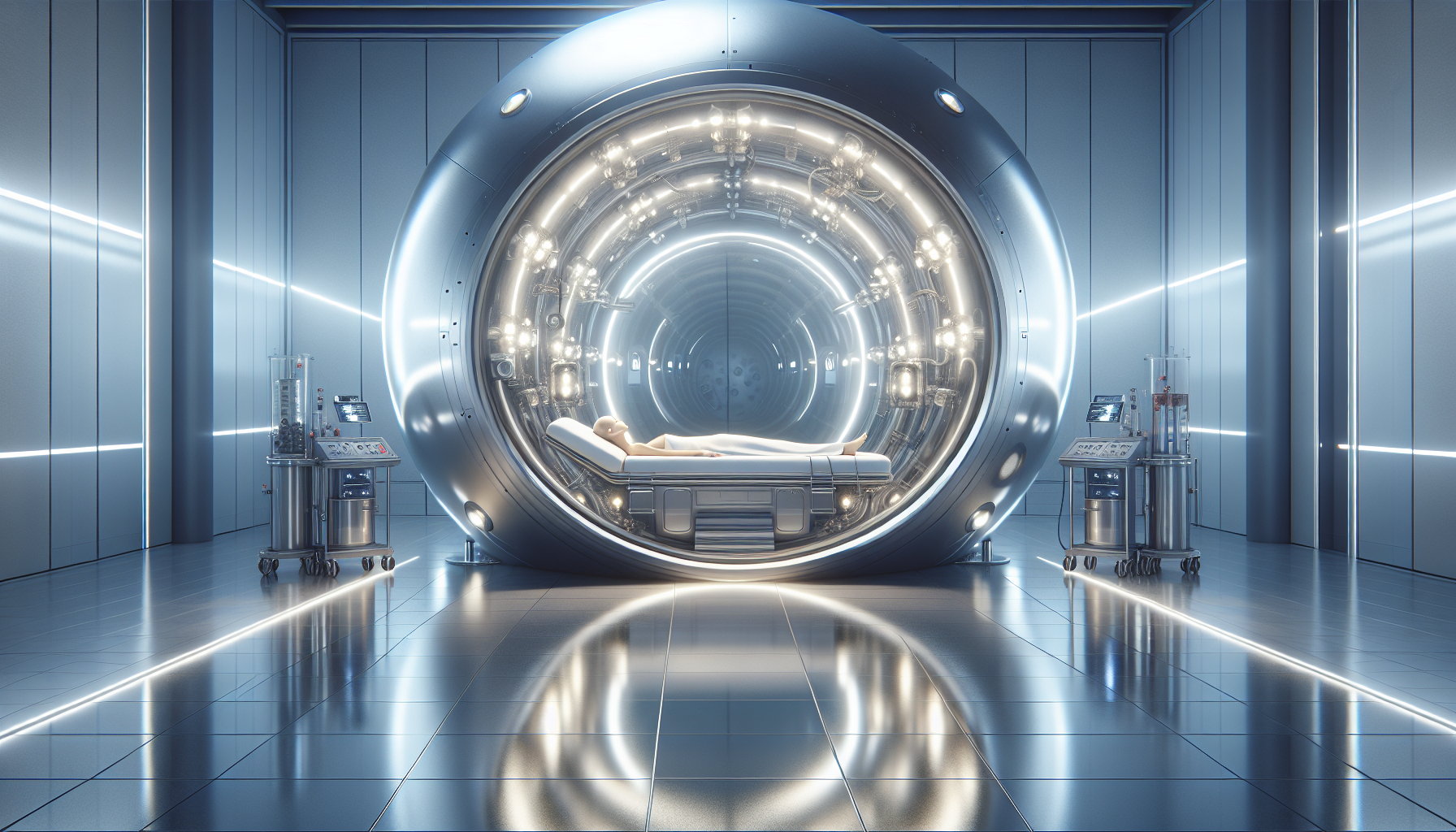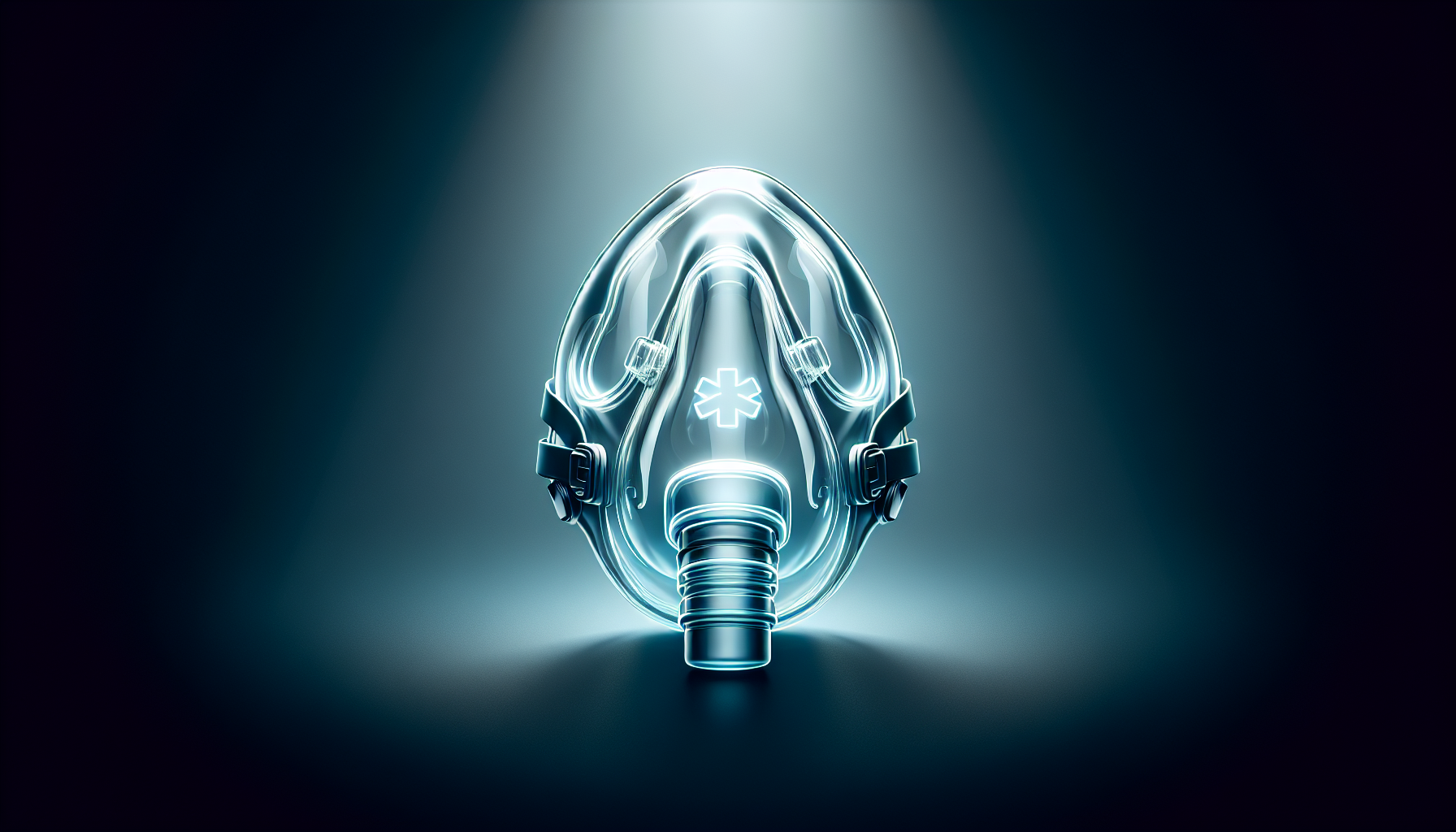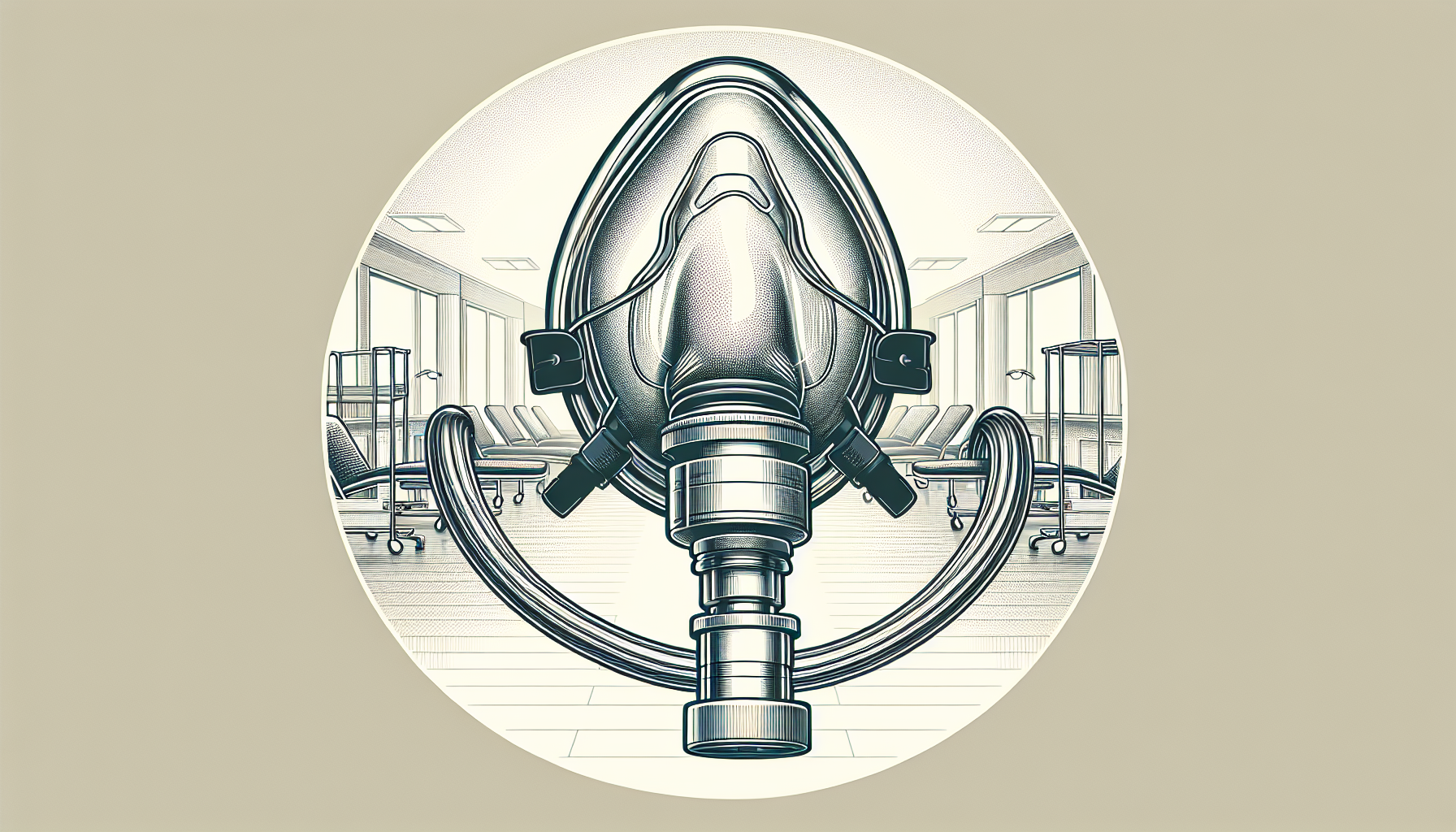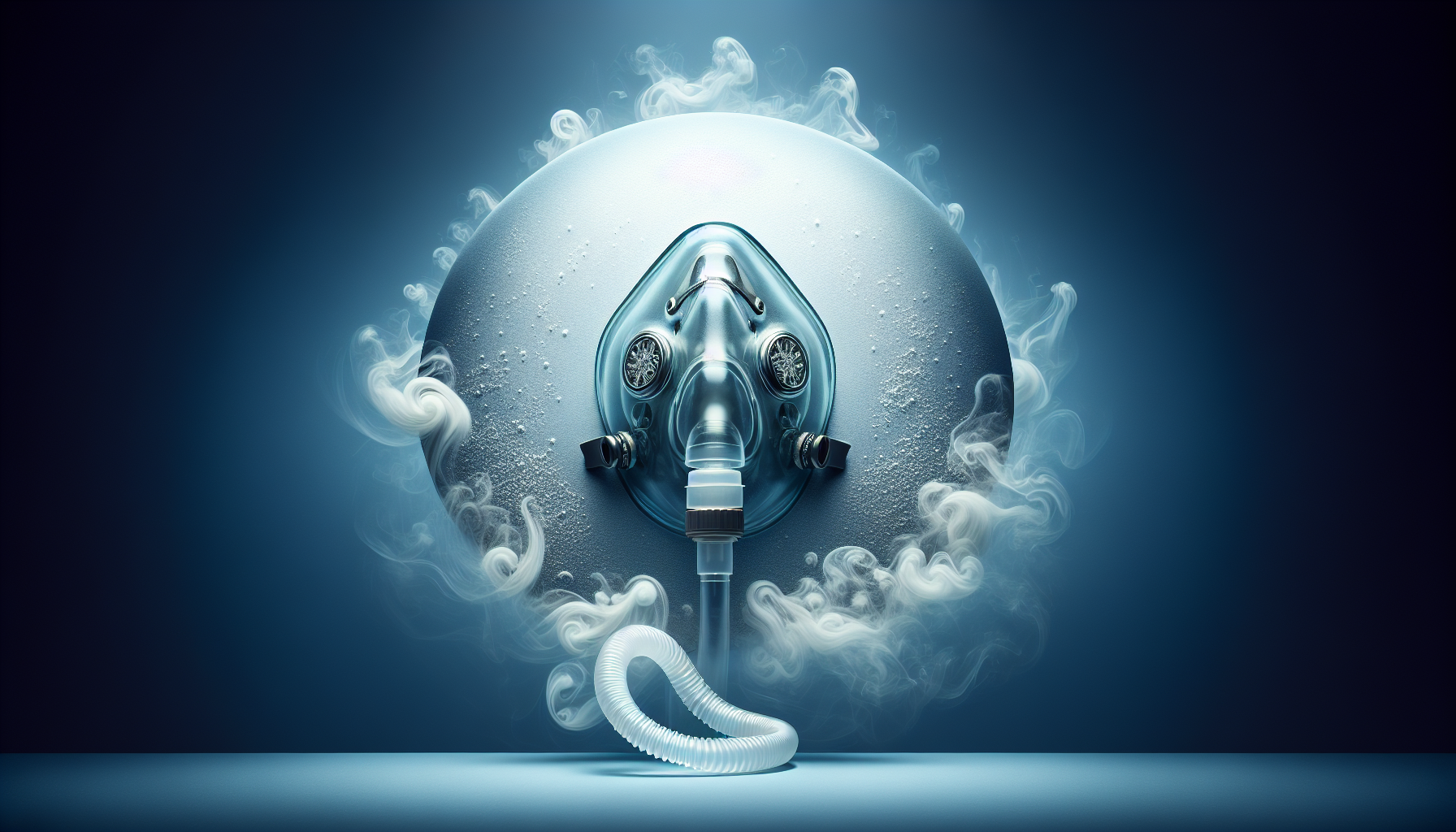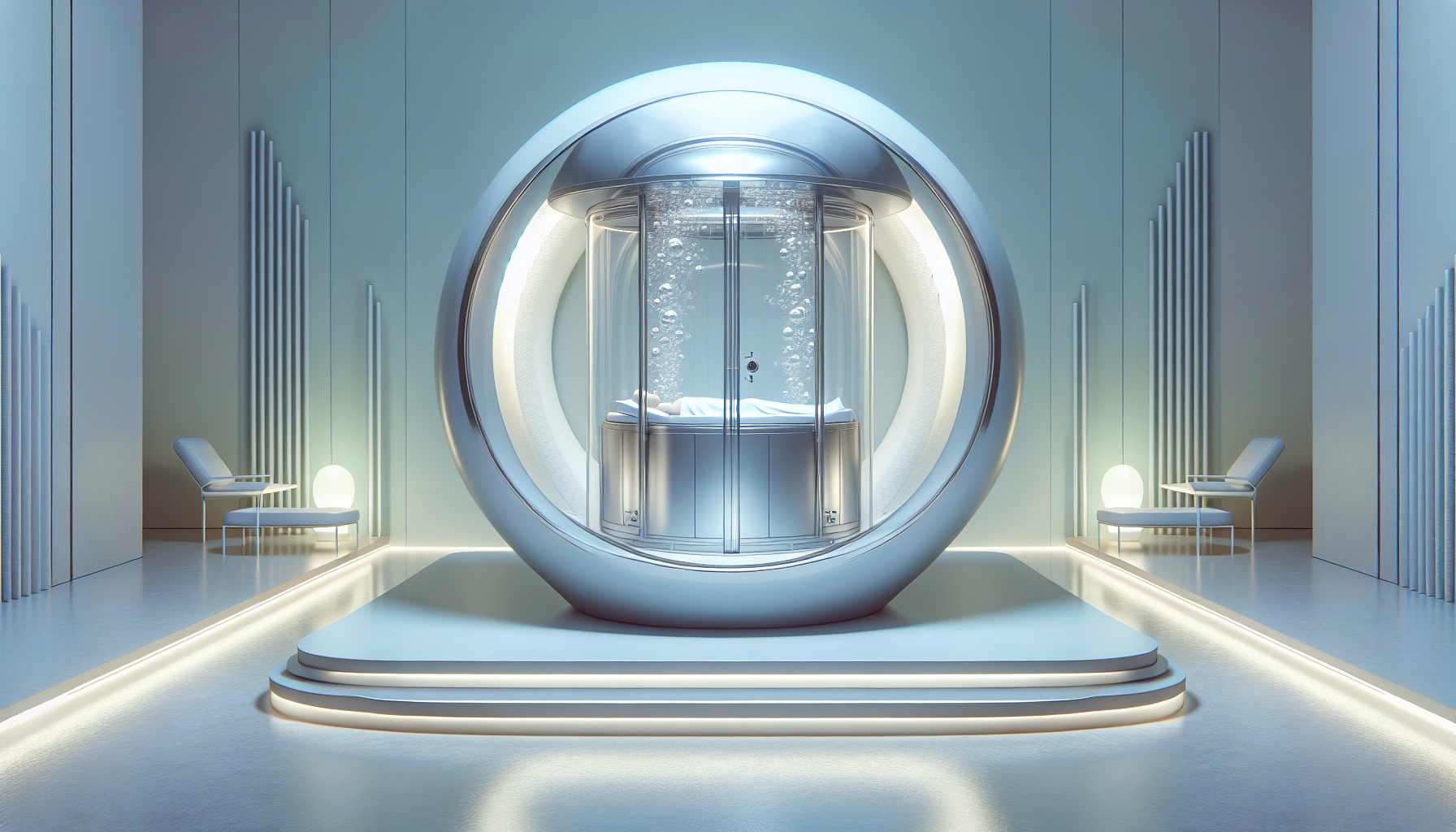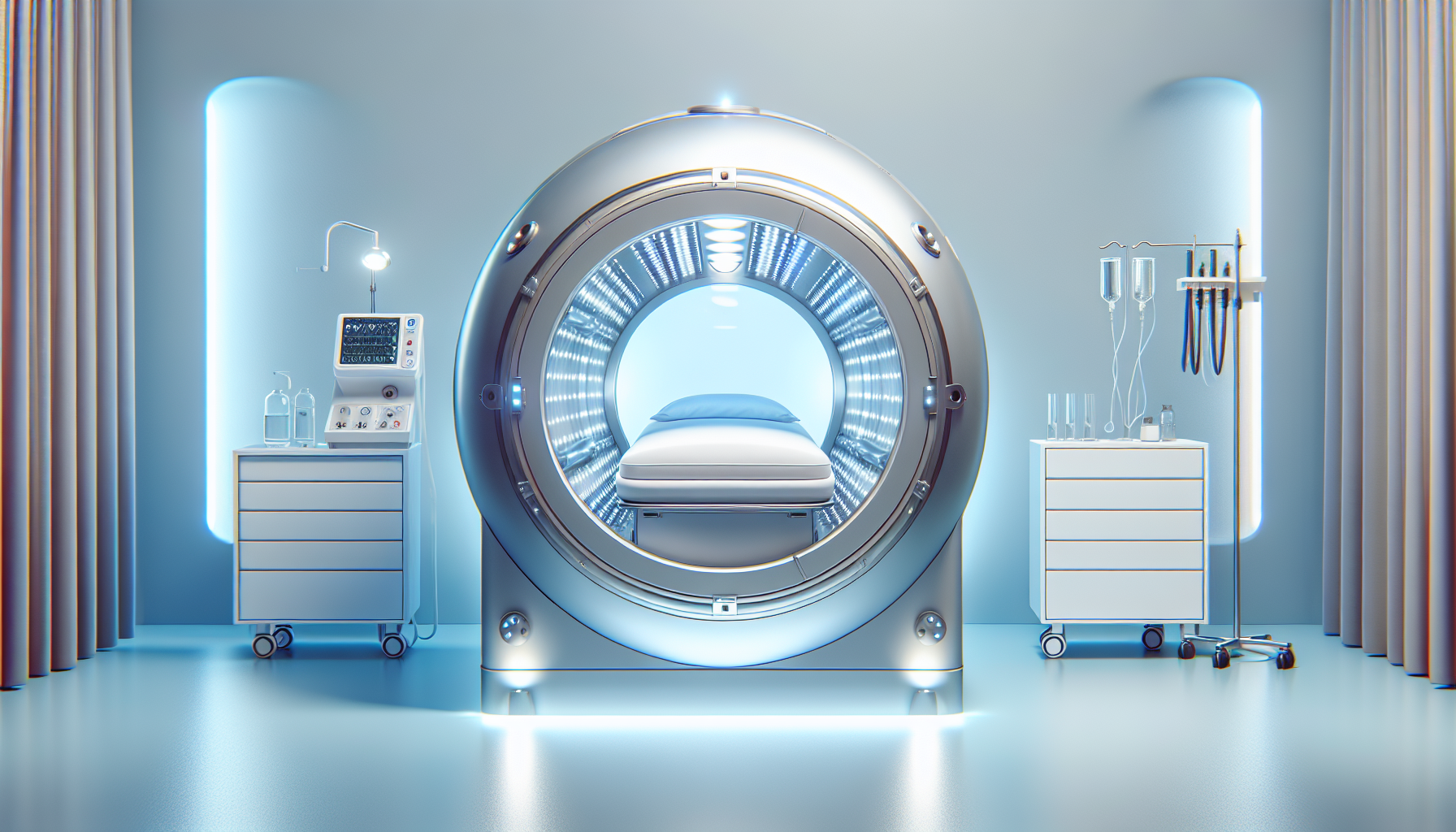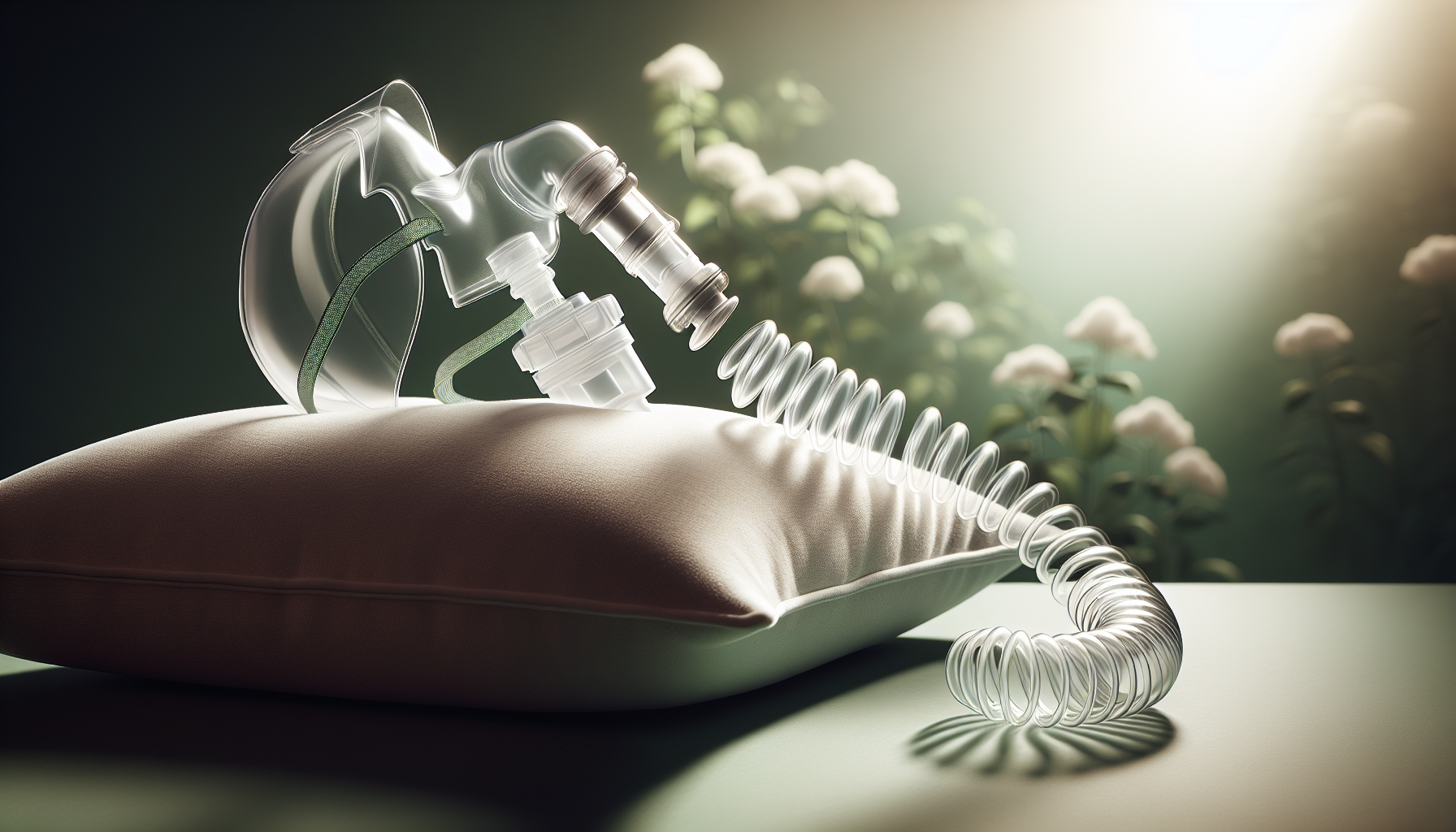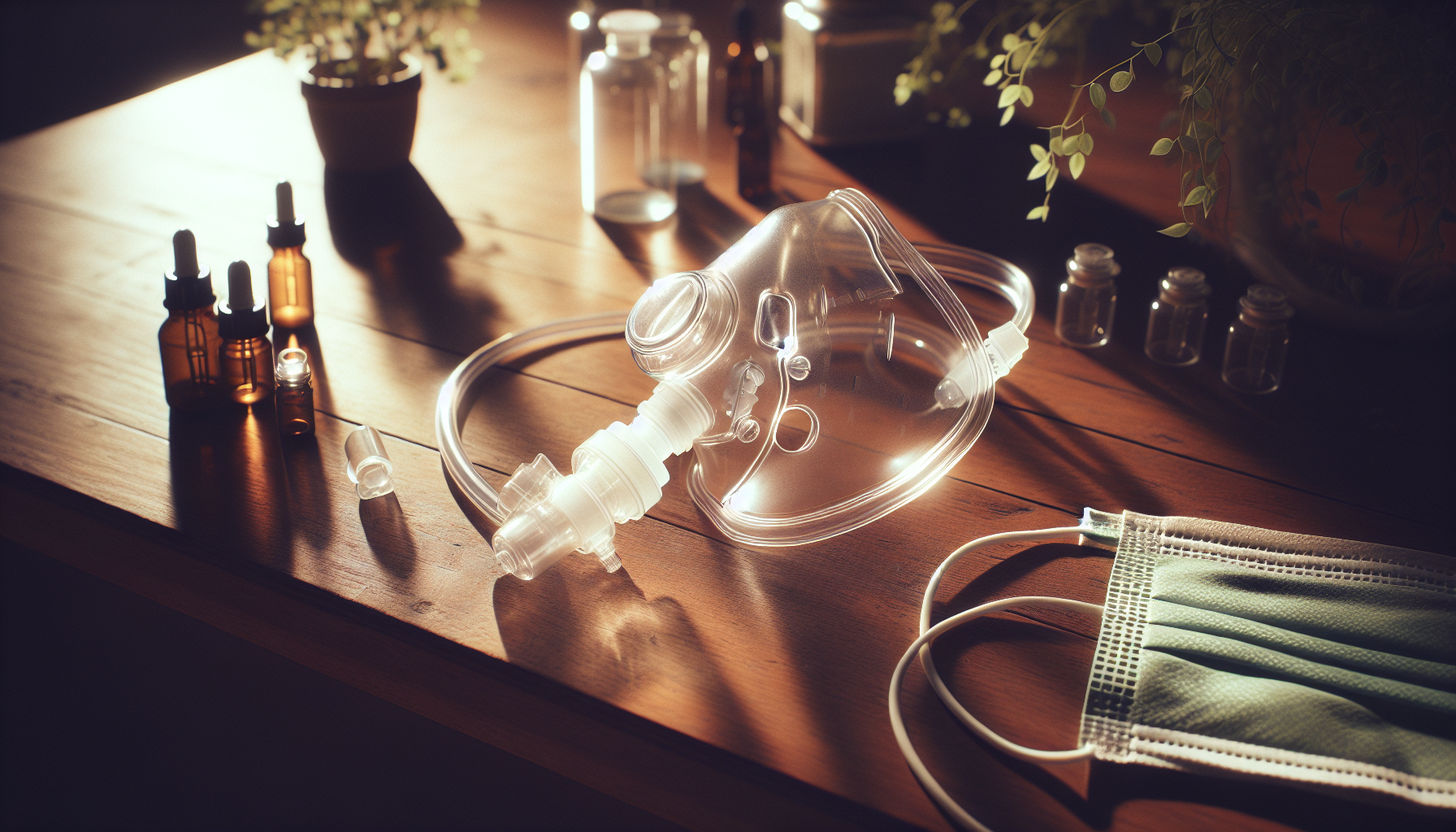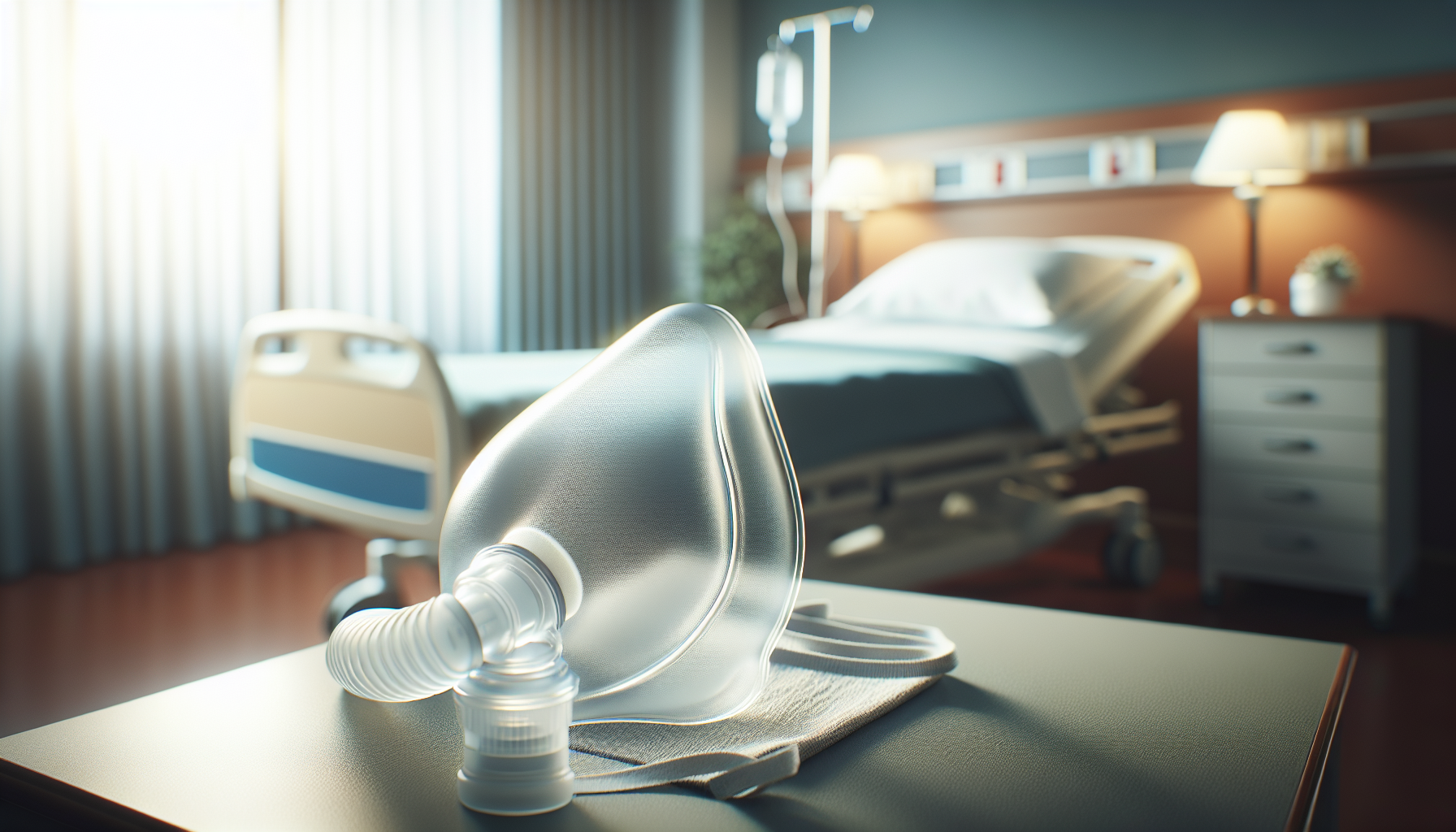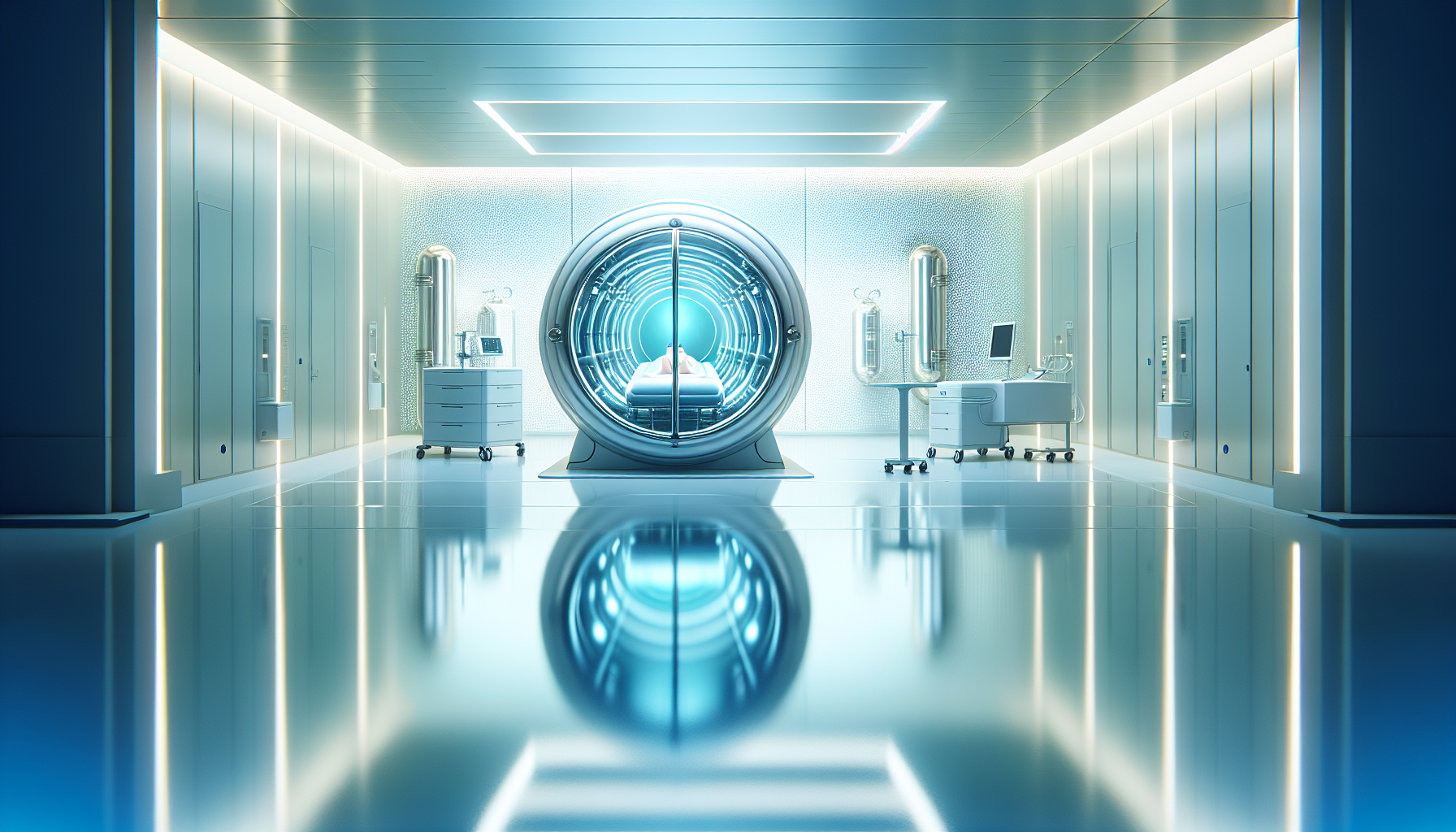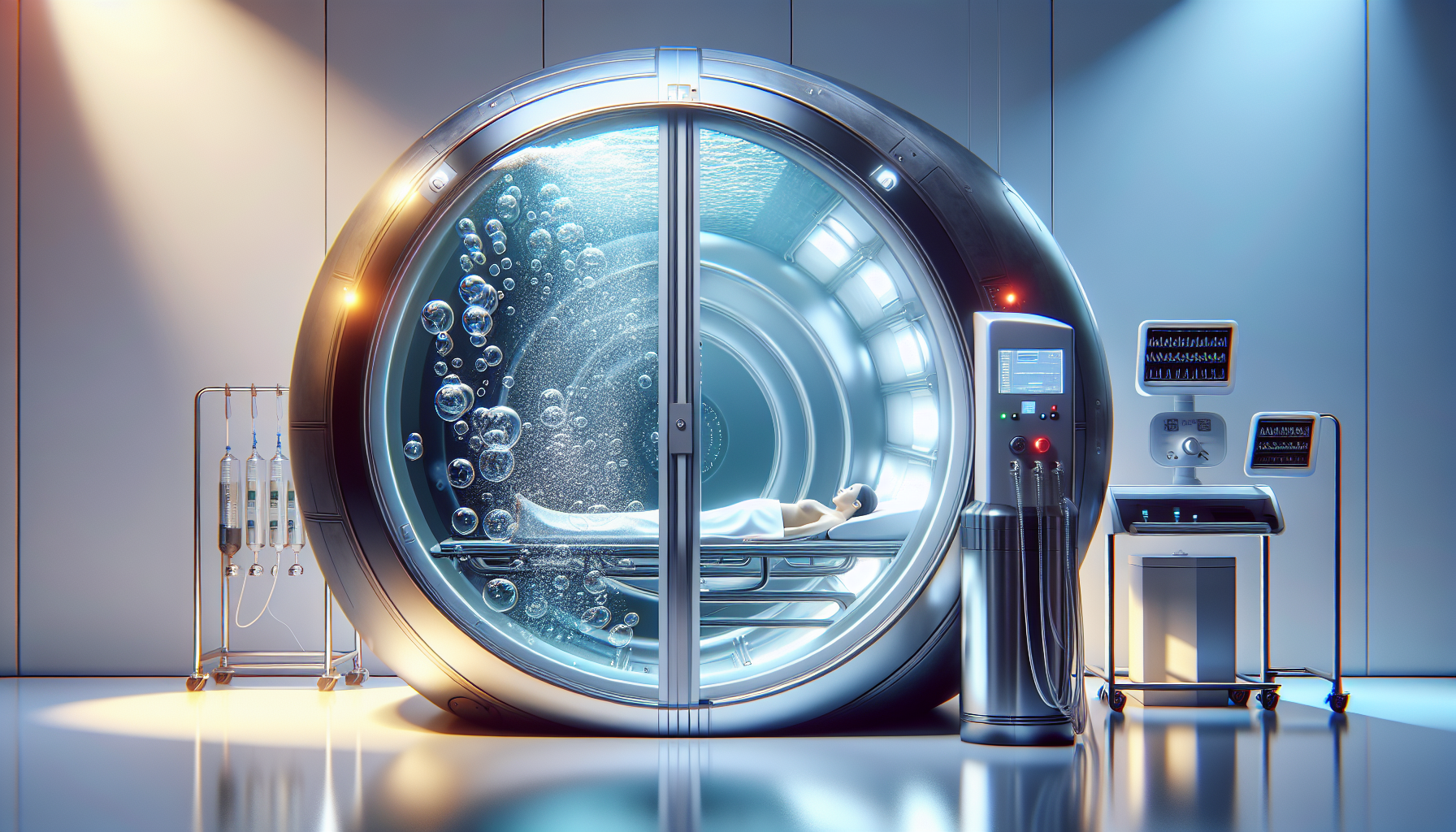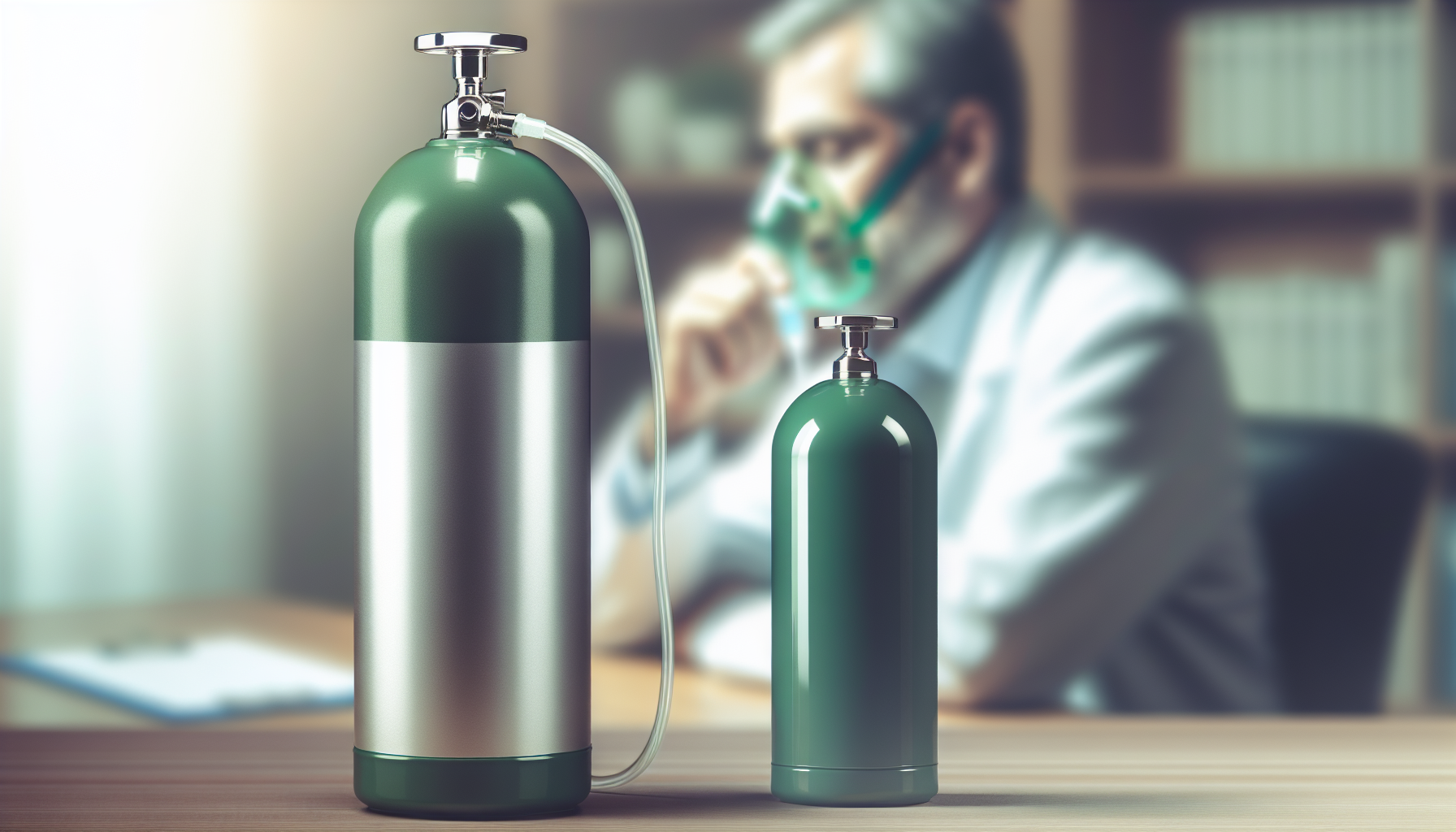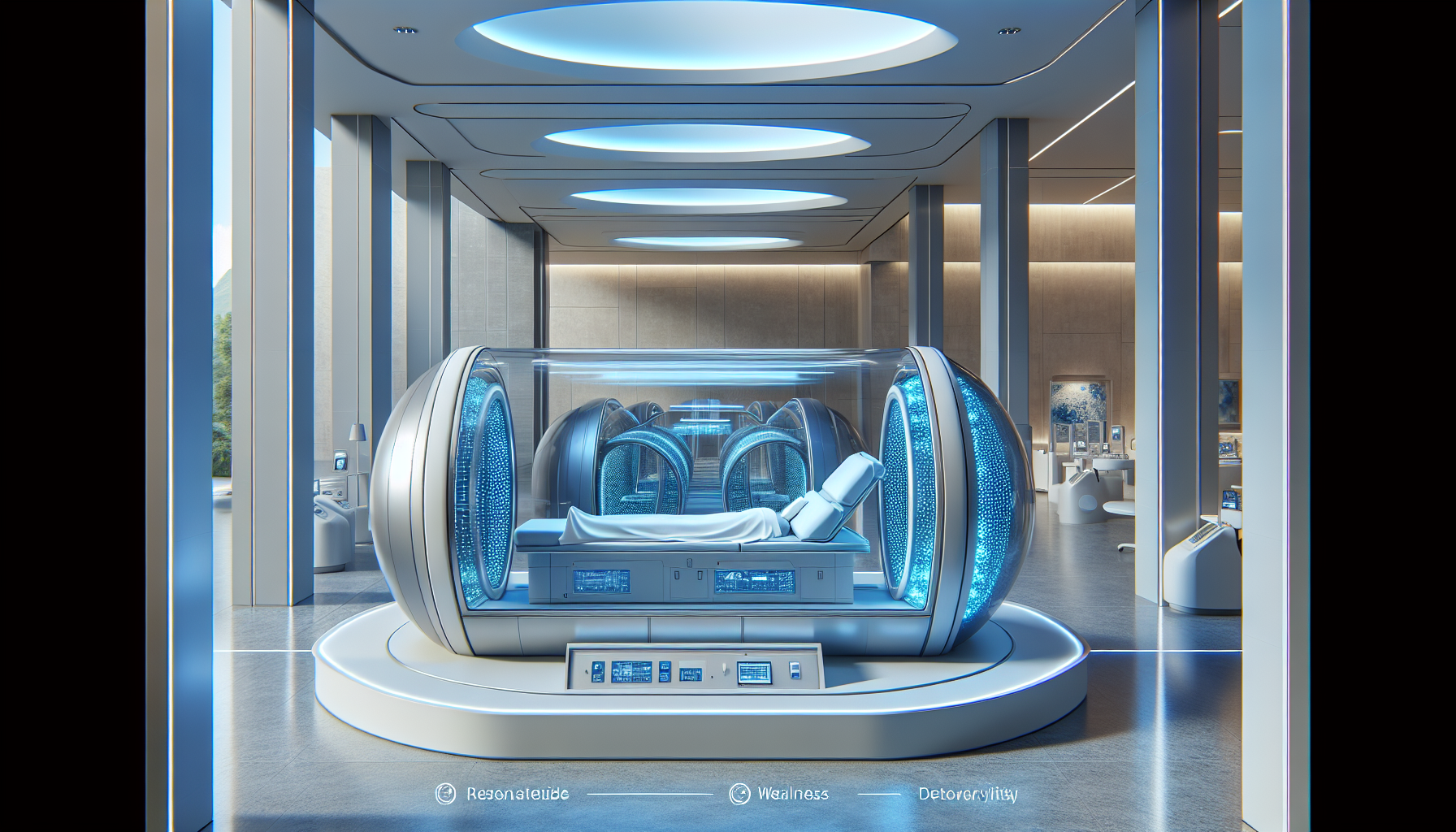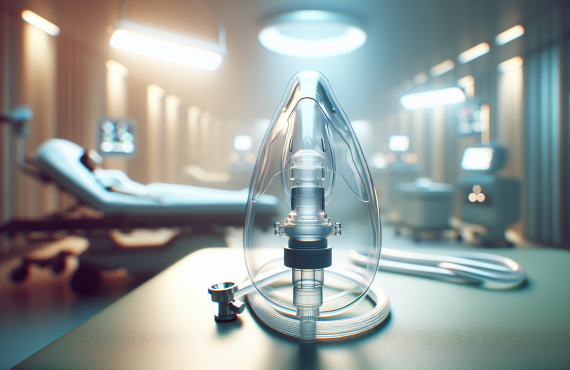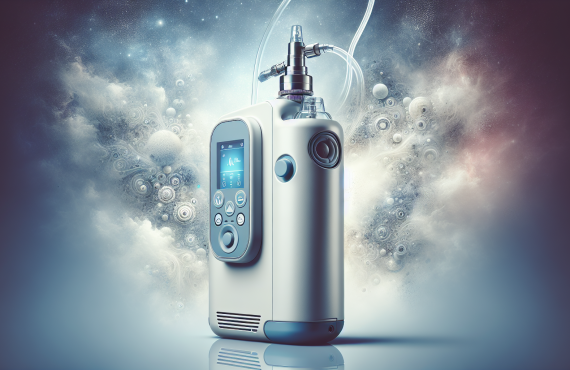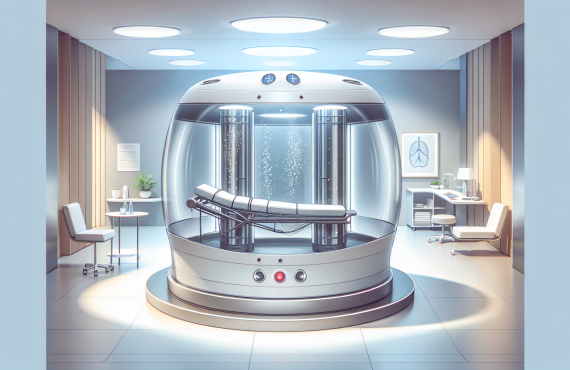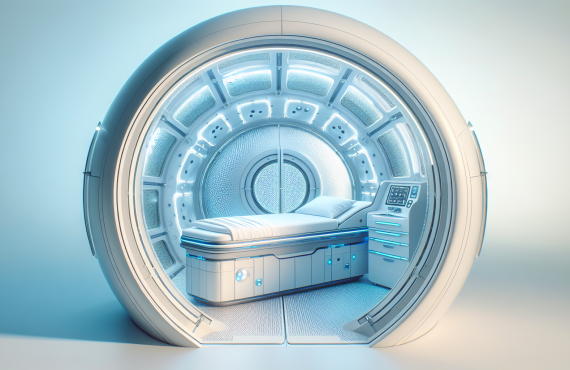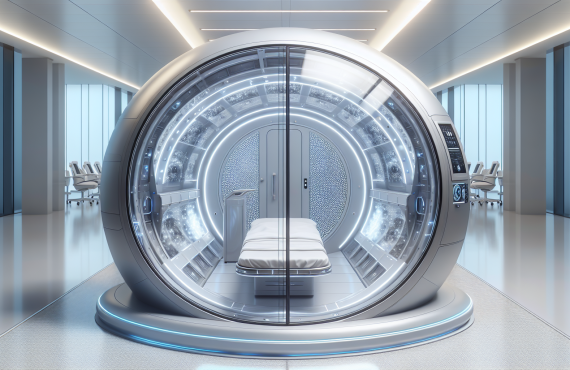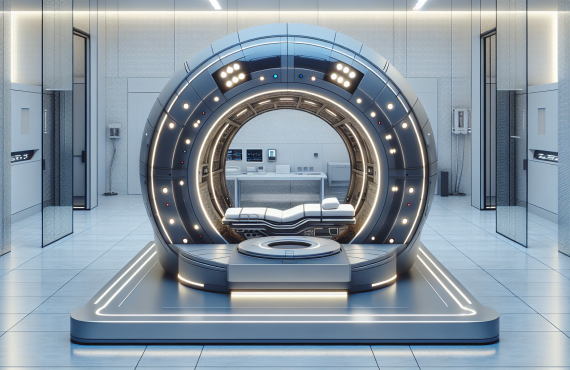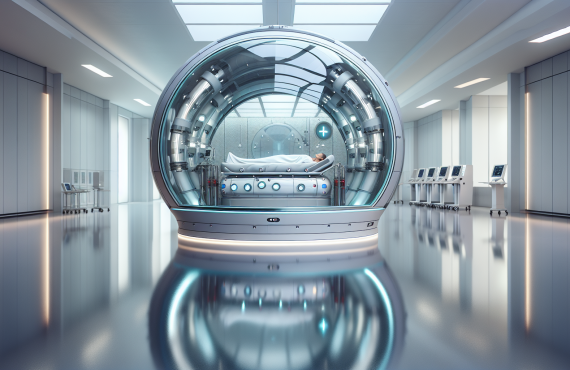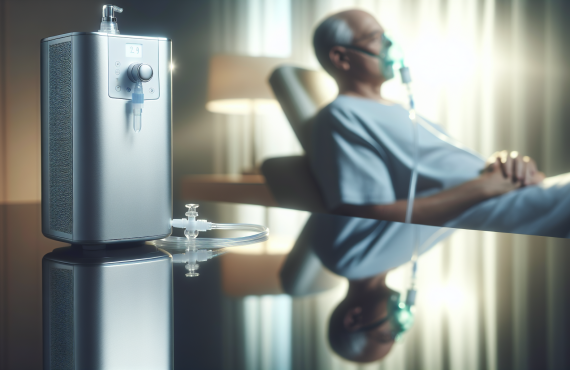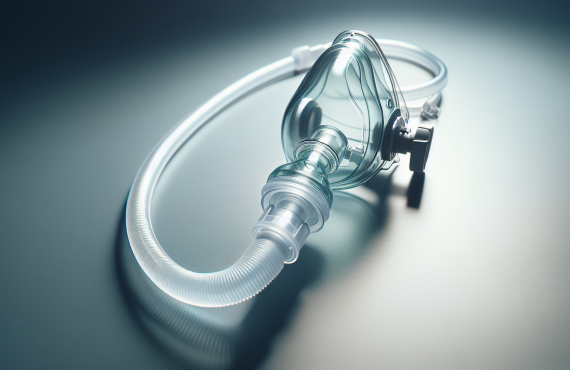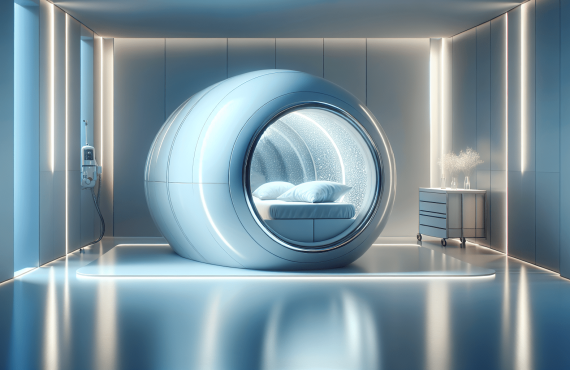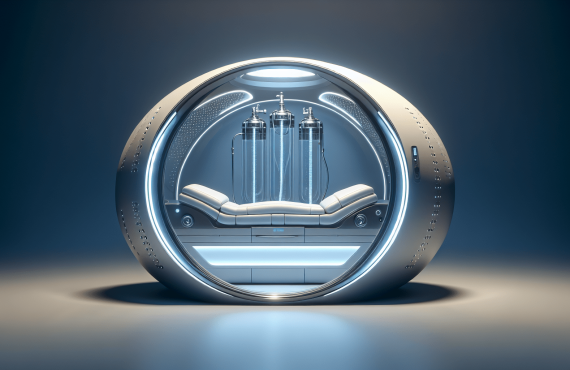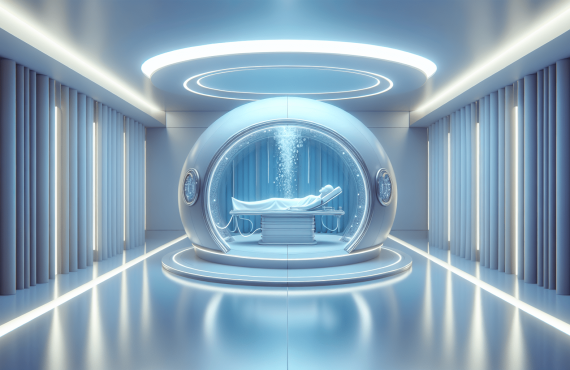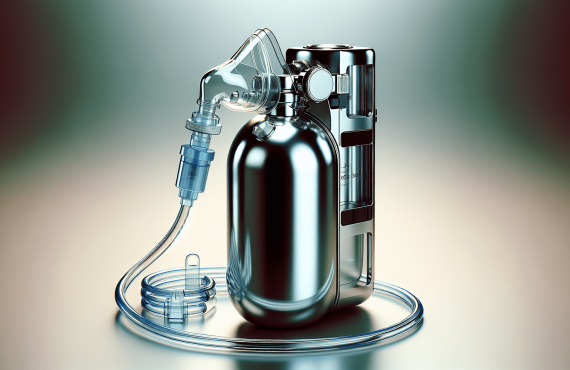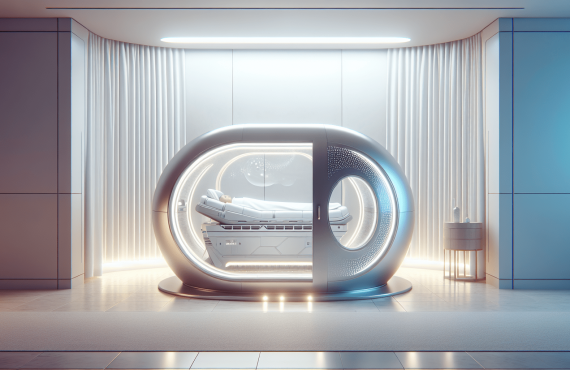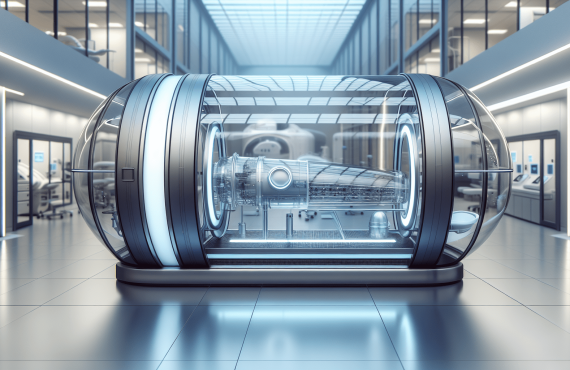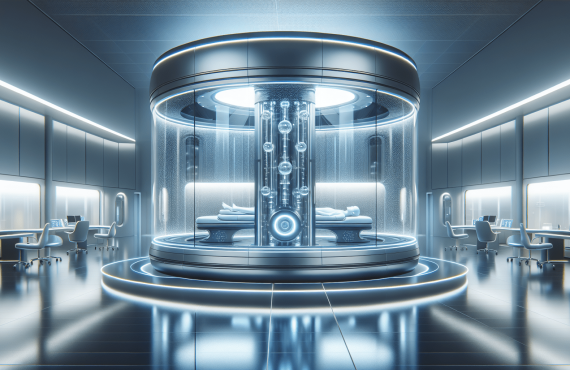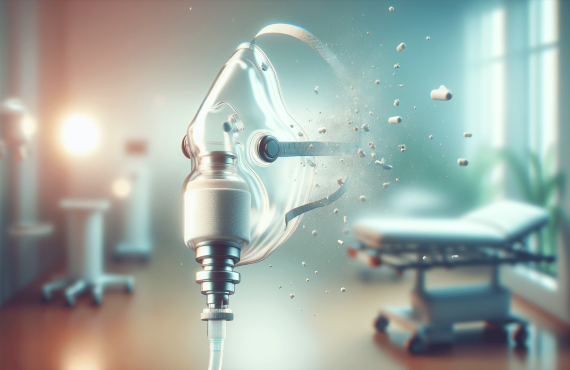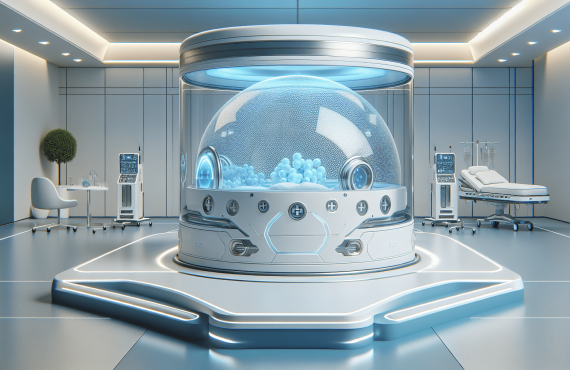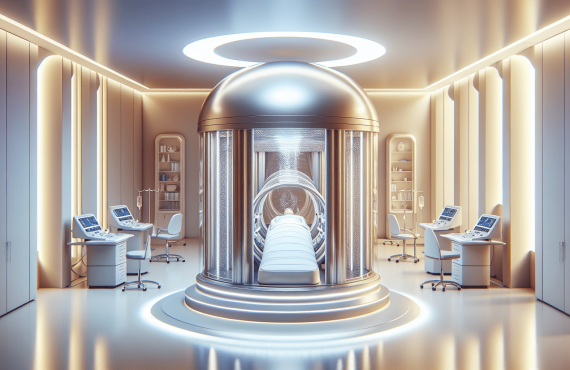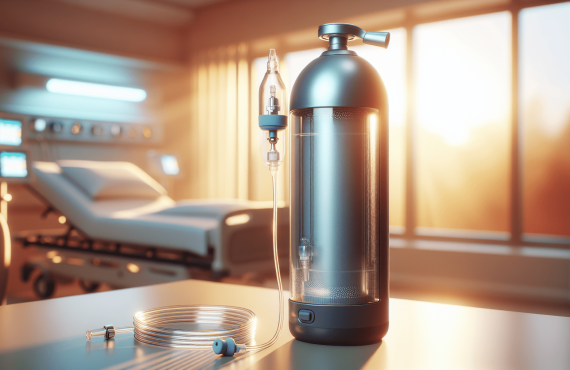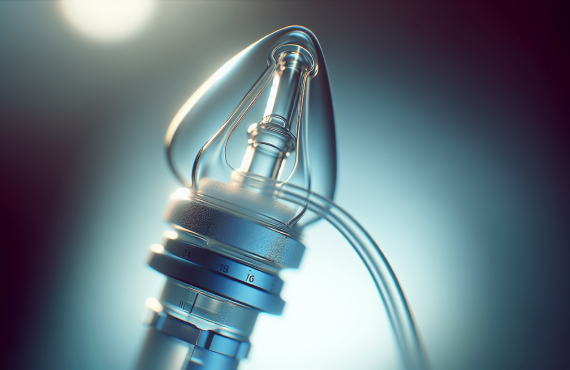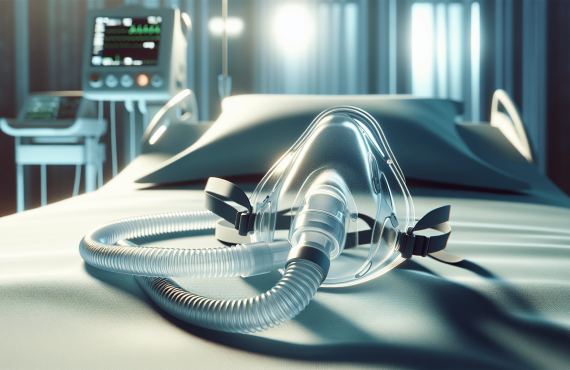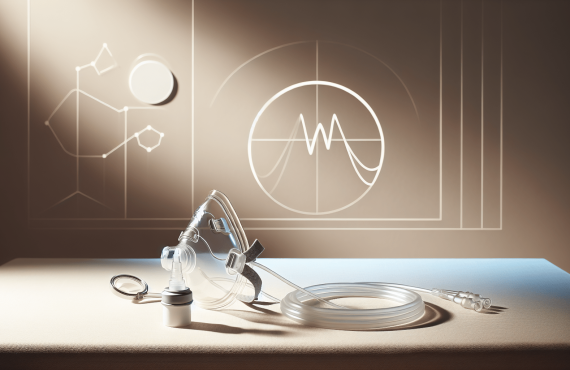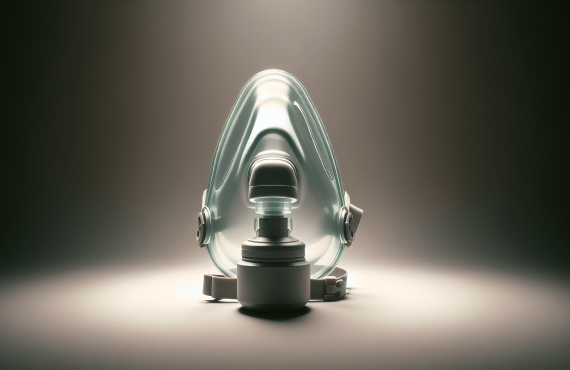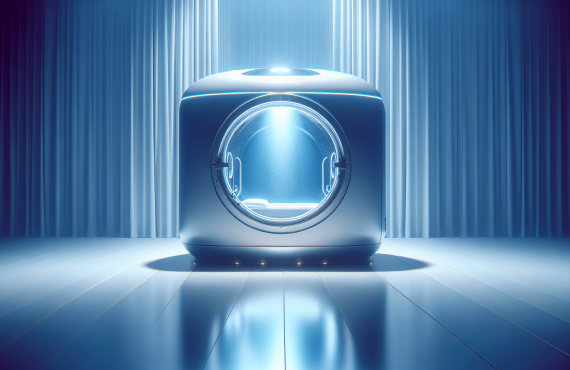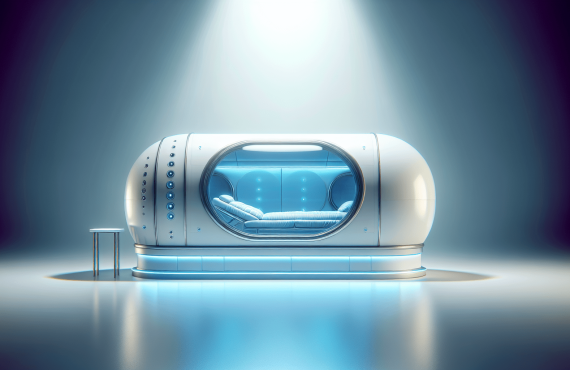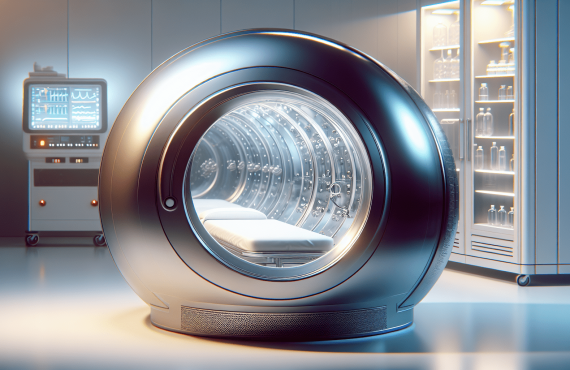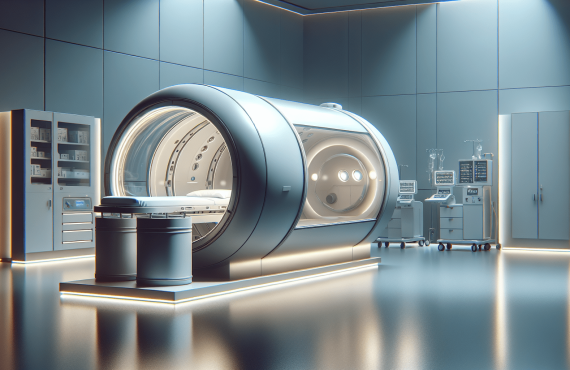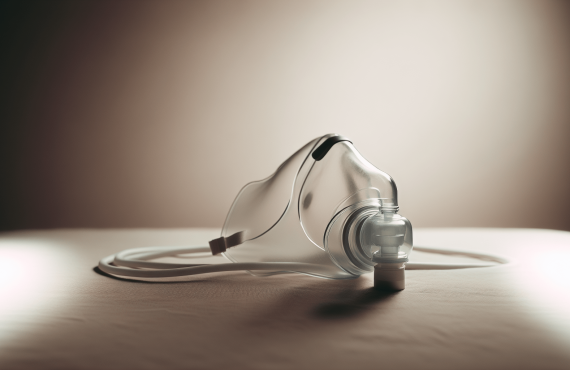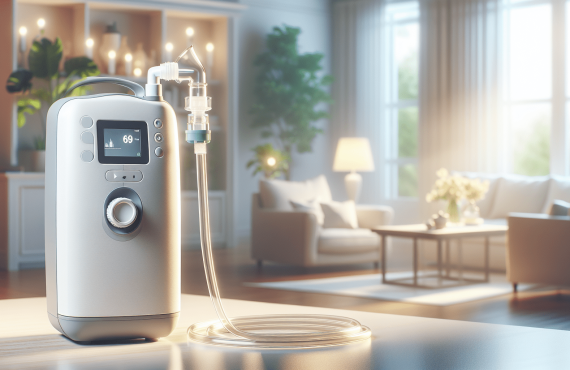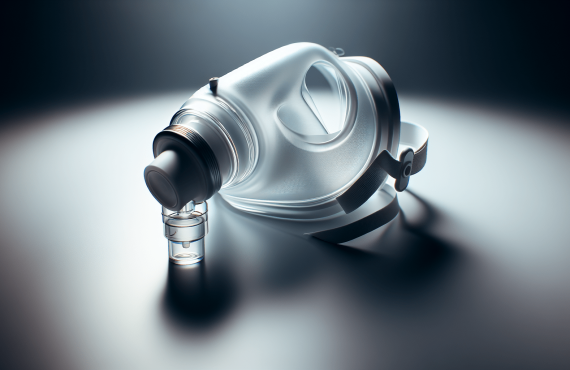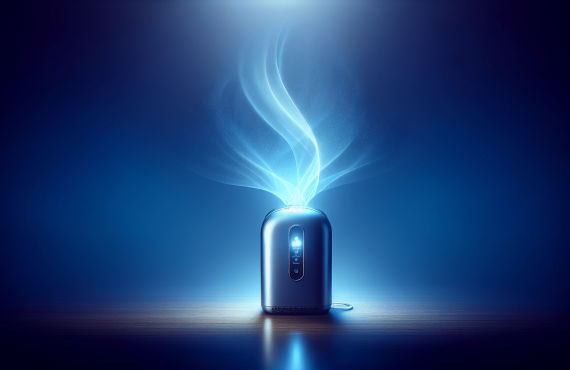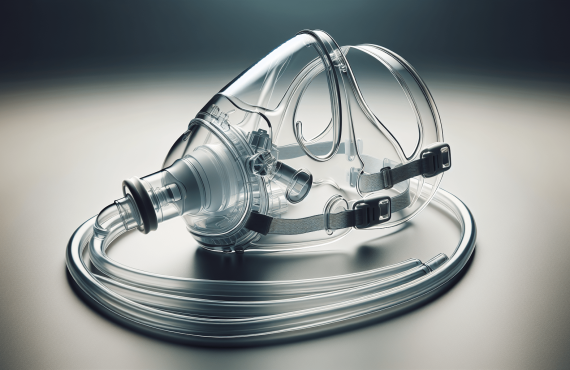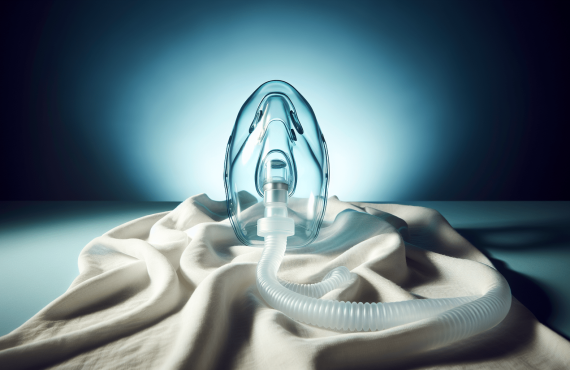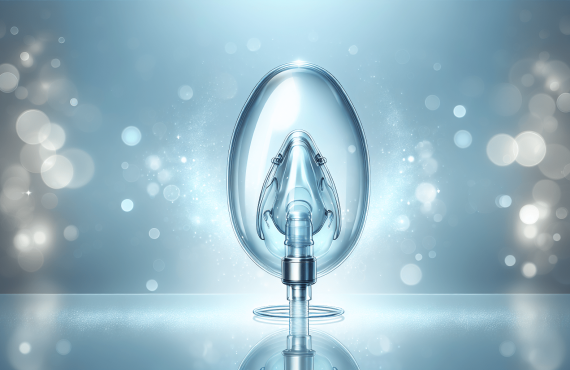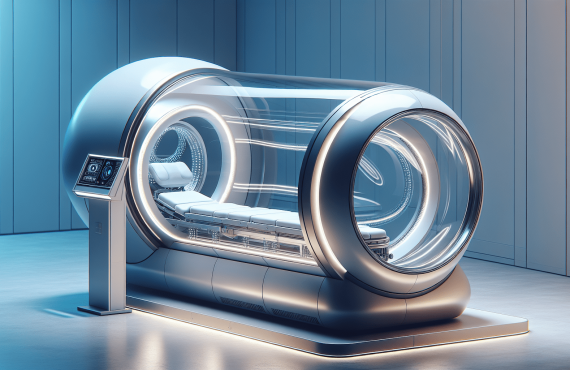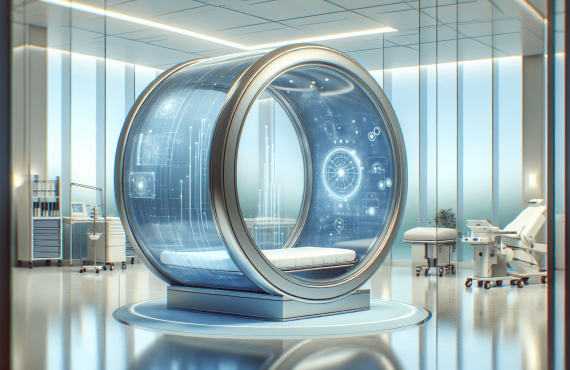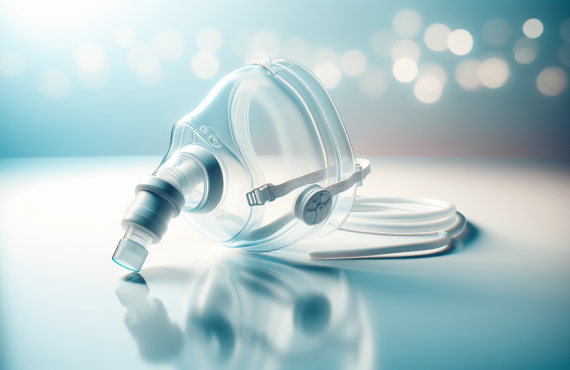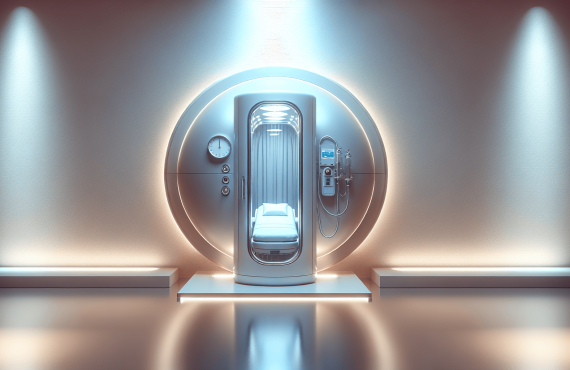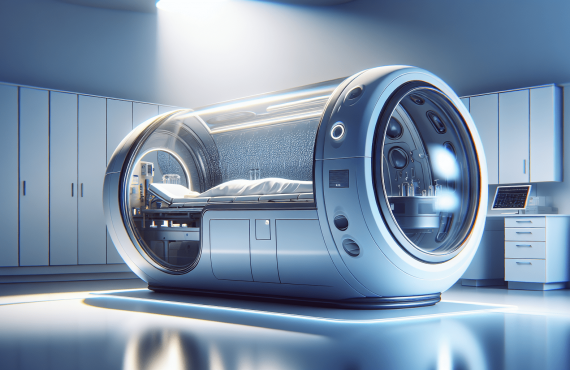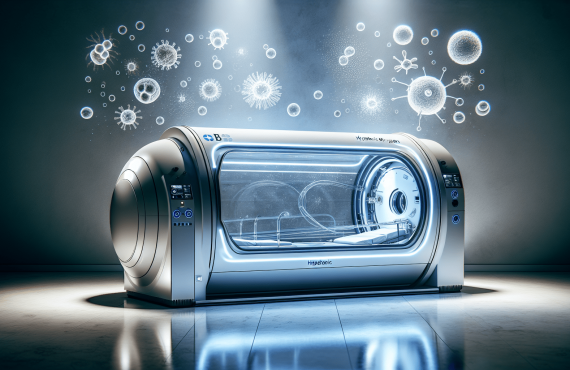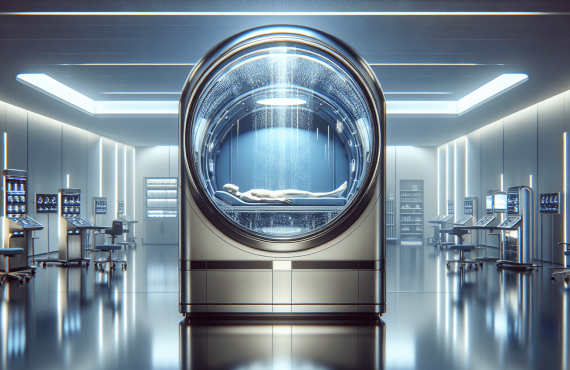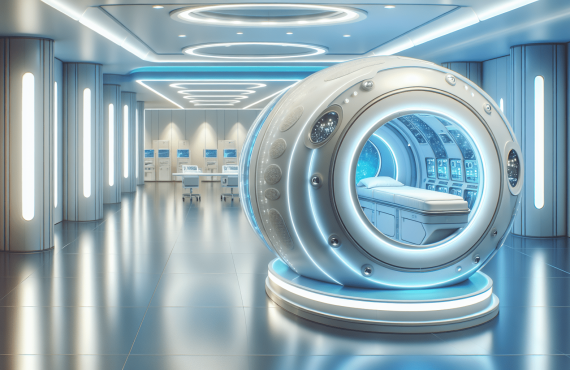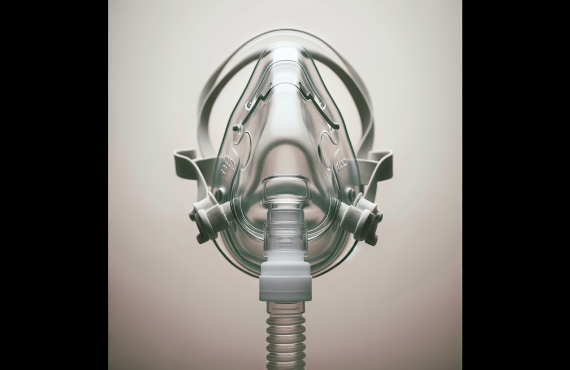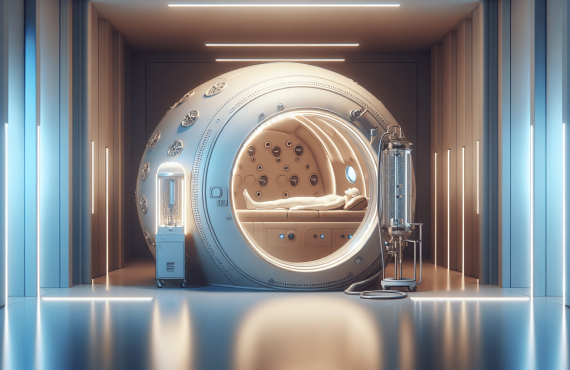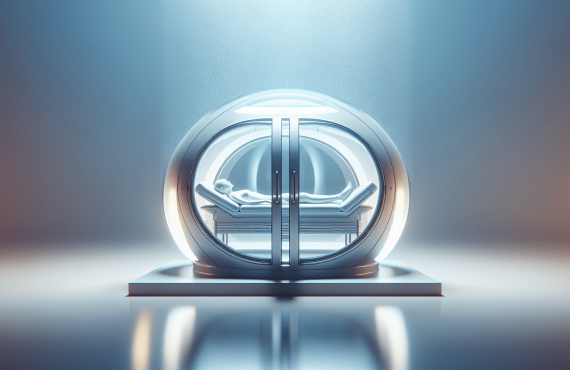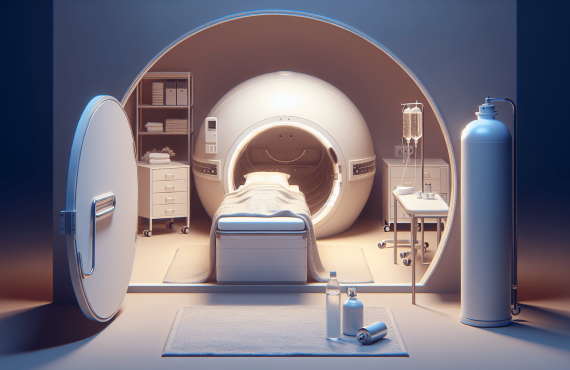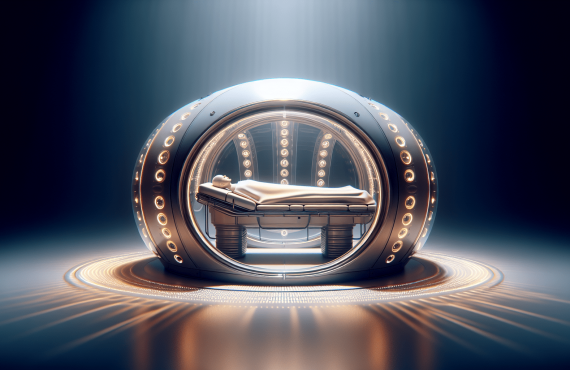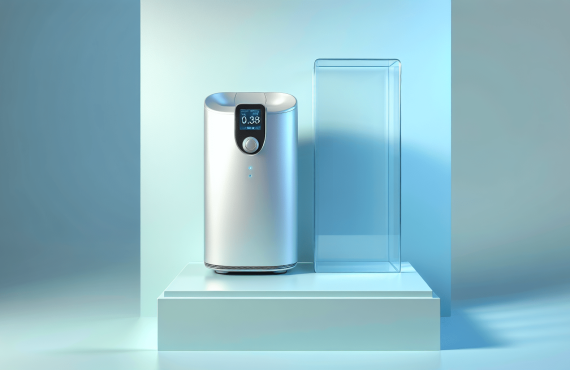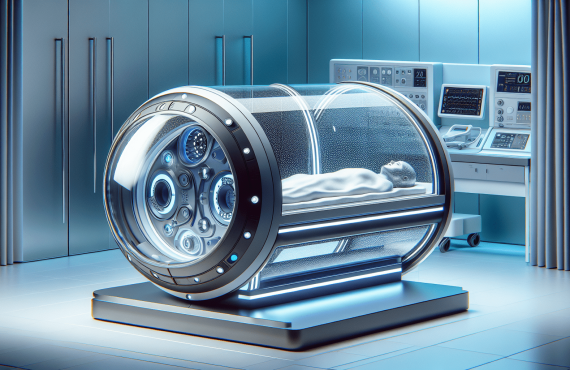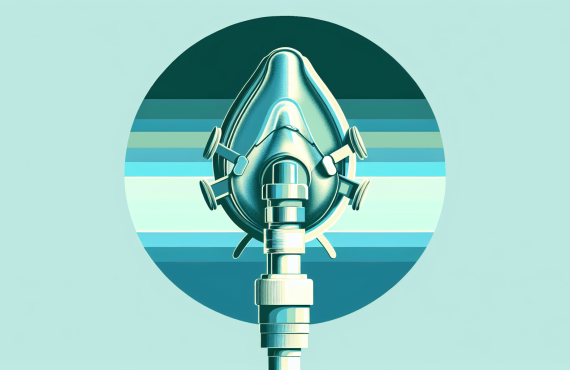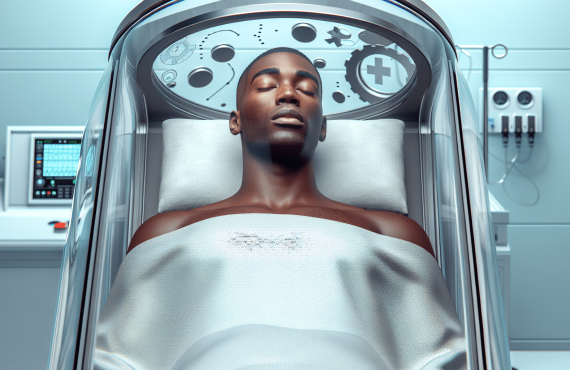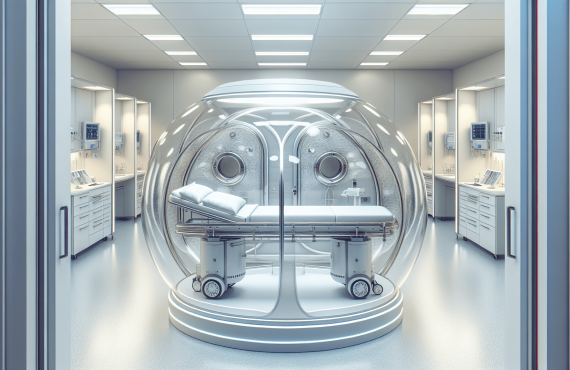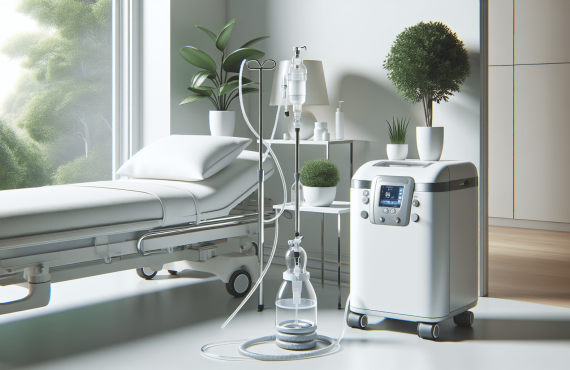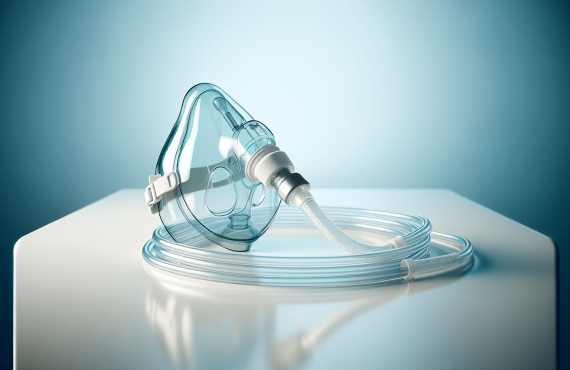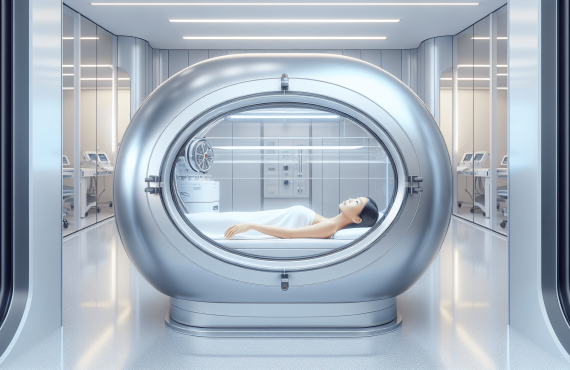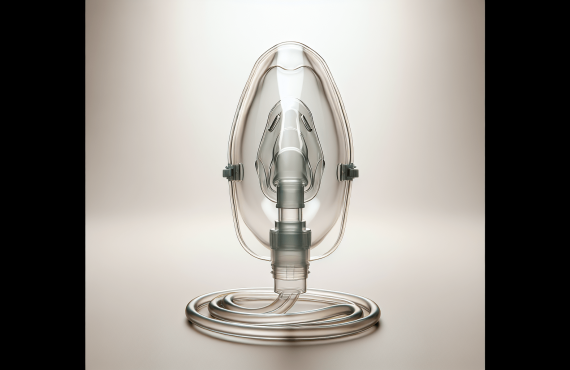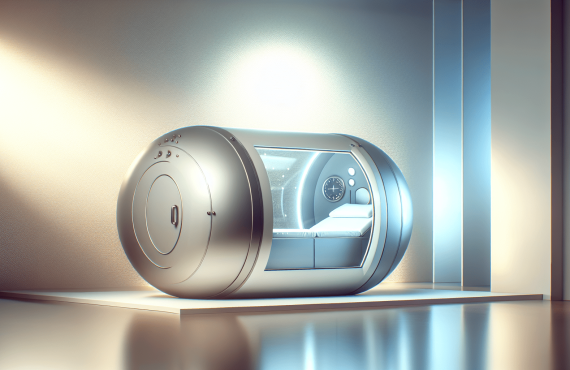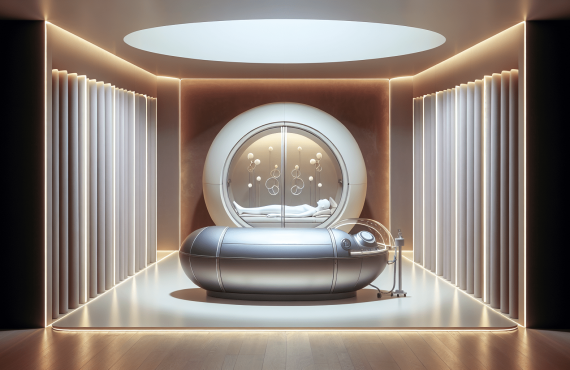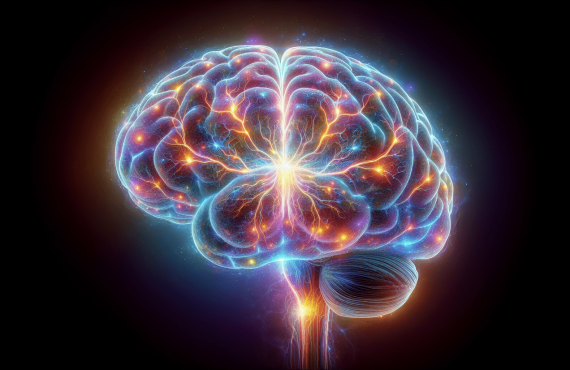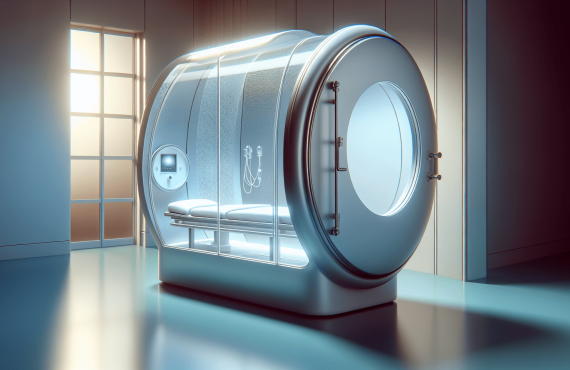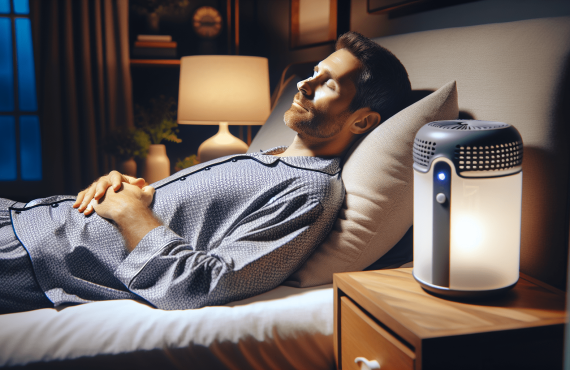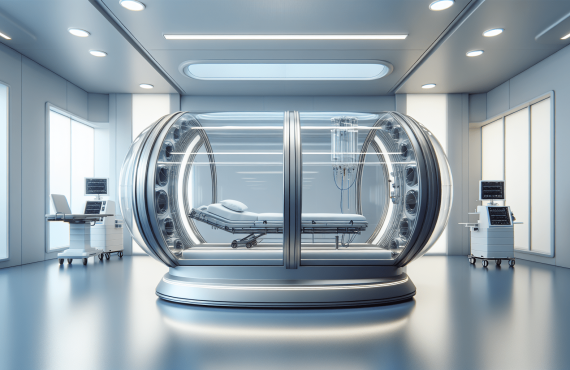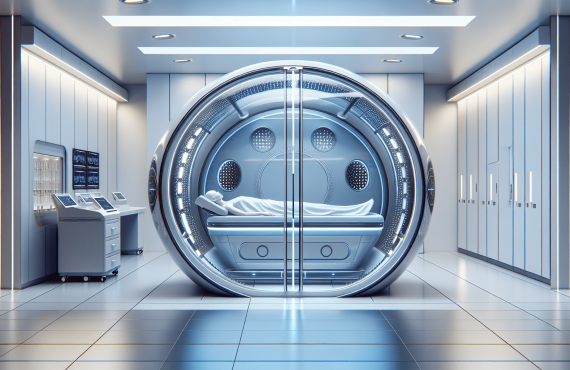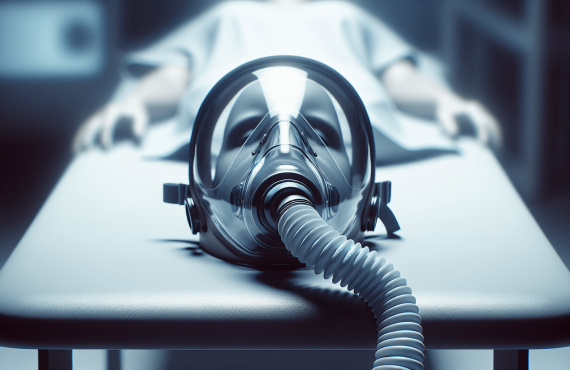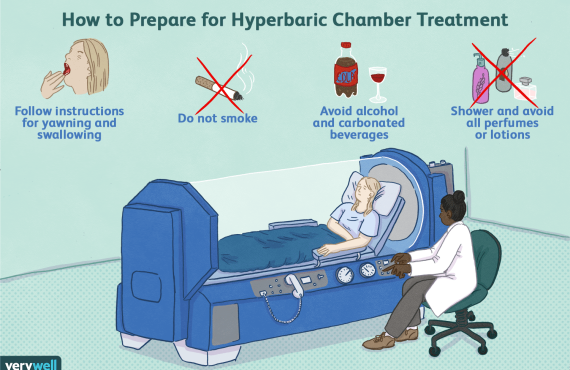Have you ever wondered whether oxygen therapy might be responsible for making you feel more tired than usual? It’s a reasonable question to ponder given that oxygen is essential for our survival and well-being. We often associate oxygen with energy and revitalization, so why would a therapy based on oxygen lead to fatigue? To answer this question, we need to delve into the fundamentals of oxygen therapy, understand how it works, and consider its effects on the body.
Understanding what occurs during and after oxygen therapy provides context and clarity. Let’s explore the insights surrounding this topic, ensuring you have the necessary foundational knowledge.
Table of Contents
The Basics of Oxygen Therapy
Before we address the question, it’s important to grasp what oxygen therapy entails. This therapy is commonly used to treat patients who experience low oxygen levels in the blood. The goal is to provide supplemental oxygen to ensure the body receives adequate oxygen to function optimally.
Types of Oxygen Therapy
There are a few different methods through which oxygen therapy is administered.
-
Nasal Cannula: This involves a lightweight tube with two prongs that are placed in the nostrils. It is used to deliver a low-flow oxygen supply.
-
Oxygen Masks: These are more suited for delivering high concentrations of oxygen and cover the patient’s mouth and nose.
-
Hyperbaric Oxygen Therapy (HBOT): This occurs in a pressurized chamber, providing pure oxygen at pressures higher than the normal atmospheric pressure. This method is often used for specific medical conditions.
Who Needs Oxygen Therapy?
Oxygen therapy is used for various medical conditions. Common ailments include chronic obstructive pulmonary disease (COPD), pneumonia, asthma, and sleep apnea. People suffering from heart failure or severe trauma might also require oxygen therapy.
Does Oxygen Therapy Cause Fatigue?
Suddenly feeling tired during or after oxygen therapy can be surprising. In general, oxygen therapy is meant to improve energy levels by aiding the body in getting more of the oxygen it needs to function. Yet, some individuals may report feeling fatigued.
Possible Reasons for Fatigue
-
Underlying Conditions: The condition for which you are receiving oxygen therapy, such as COPD or sleep apnea, may inherently contribute to feelings of fatigue.
-
Adjustment Period: Your body may need time to adjust to increased oxygen levels, which sometimes initially leads to a feeling of fatigue.
-
Side Effects: Although uncommon, some reported side effects of continuous oxygen therapy, like headaches, can lead to feelings of tiredness.
-
Psychological Factors: Being in a hospital environment or dealing with health challenges can contribute to fatigue.
How to Address Fatigue from Oxygen Therapy
If fatigue is a concern during your oxygen therapy, here are steps you can consider:
- Consult Your Healthcare Provider: Always discuss any changes in your symptoms or new symptoms with your healthcare provider.
- Monitor Oxygen Levels: Ensuring that the correct amount of oxygen is being delivered can prevent issues related to excess or insufficient oxygen levels.
- Rest and Recuperate: Don’t underestimate the power of proper rest. Give your body time to adjust and recover from ongoing treatment.

Hyperbaric Therapy: A Special Form of Oxygen Therapy
Hyperbaric therapy, also known as hyperbaric oxygen therapy (HBOT), provides a different take on oxygen therapy by focusing on increased pressure and pure oxygen to promote healing processes in the body.
How Hyperbaric Therapy Works
In a hyperbaric chamber, you’re exposed to pure oxygen at pressures higher than what is typically found at sea level. This increases oxygen absorption by the body, enhancing tissue repair, reducing inflammation, and stimulating new blood vessel growth.
Effects and Benefits
Hyperbaric therapy is especially beneficial for conditions like severe burns, carbon monoxide poisoning, and diabetic foot ulcers. By boosting oxygen levels in previously oxygen-poor tissues, it aids in swift healing.
Can Hyperbaric Therapy Lead to Fatigue?
Similar to other forms of oxygen therapy, hyperbaric therapy could lead to fatigue in some patients. Again, it’s important to consider underlying conditions and the body’s natural adjustment processes. Patients typically report more benefits than drawbacks given its targeted approach to healing.
Patient Experiences with Oxygen Therapy
Real-world experiences further illuminate the possible effects and outcomes of oxygen therapy. It is always important to listen to your body and communicate any concerns to your care team.
Common Observations
- Increased Energy Levels: Many patients notice an improvement in energy once their body adapts to the supplemented oxygen.
- Improved Quality of Life: Oxygen therapy often leads to better overall health and well-being due to enhanced oxygen availability.
Potential Drawbacks
Some patients may initially feel overwhelmed by new equipment or the therapeutic environment, leading to temporary fatigue. Consistent support and guidance by healthcare providers can help mitigate these concerns.

Frequently Asked Questions (FAQs) About Oxygen Therapy
Let’s address some common questions you may have about oxygen therapy:
Why Might Increased Oxygen Levels Cause Fatigue?
While oxygen itself is not typically fatiguing, the transition to new oxygen levels may leave the body temporarily tired. It’s an adjustment period akin to how you might feel jet-lagged after traveling.
Is Oxygen Therapy Safe for Long-term Use?
When prescribed appropriately, oxygen therapy is safe for long-term use. Healthcare providers monitor oxygen levels to ensure they remain within safe limits.
Can Everyone Benefit from Oxygen Therapy?
Not everyone needs supplemental oxygen. Only those with diagnosed low blood oxygen levels or specific medical conditions should use oxygen therapy as directed by a healthcare provider.
What Are Side Effects of Oxygen Therapy?
Though rare, side effects can include dry nose, headaches, and in extreme cases, oxygen toxicity if the oxygen level is too high over a prolonged period.
Should Fatigue from Oxygen Therapy Always Be a Concern?
While fatigue can be a side effect for some, it’s essential to distinguish between inevitable tiredness from your medical condition and potential effects from the therapy itself. Always report any changes to your healthcare provider.
Conclusion
Overall, oxygen therapy is designed to improve oxygen levels in the body, thereby enhancing bodily functions and reducing symptoms associated with various health conditions. While most individuals benefit significantly from this therapy, a few might experience fatigue as the body adapts to the increased oxygen levels. If you feel that your fatigue is directly related to your oxygen therapy, it’s crucial to consult with your healthcare provider to evaluate the situation accurately.
For more support and wellness solutions, consider visiting Henry Chiropractic. Both Dr. Craig Henry and Dr. Aaron Hixon are dedicated to your health, using chiropractic care to improve various aspects of well-being. Whether you feel fatigued or need assistance with another health concern, they are ready to help.
Reach out to:
- Henry Chiropractic
- 1823 N 9th Ave
- Pensacola, FL 32503
- (850) 435-7777
- Henry Chiropractic Website
Stay informed, listen to your body, and seek guidance from your healthcare team for the best outcomes. Your journey towards understanding and controlling your health through oxygen therapy should always be a cooperative and informed process.






